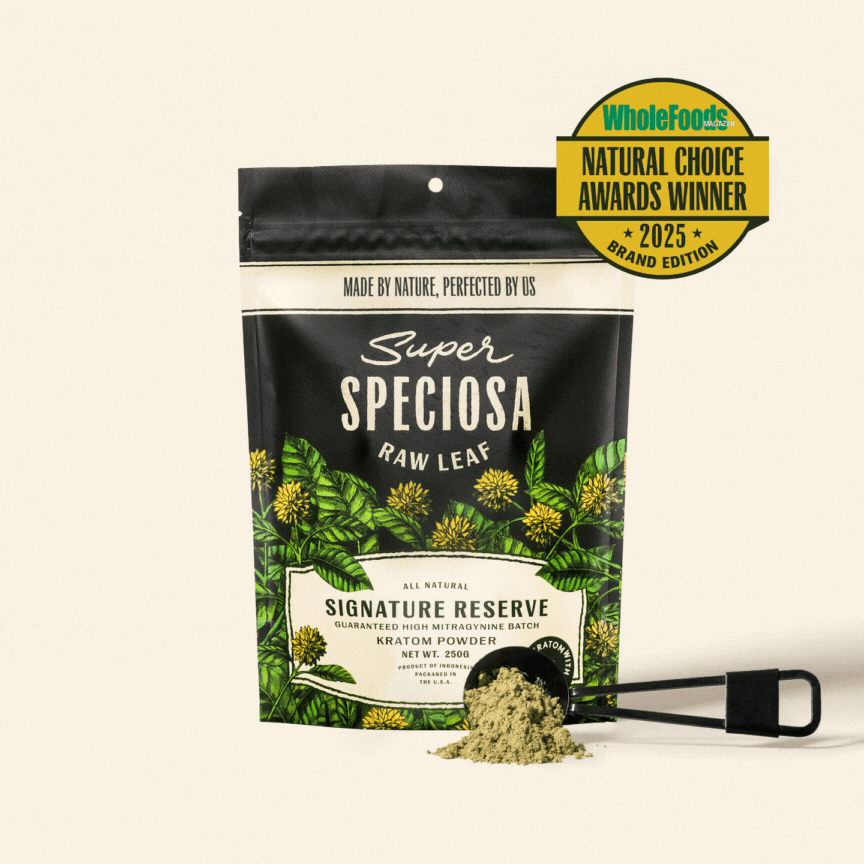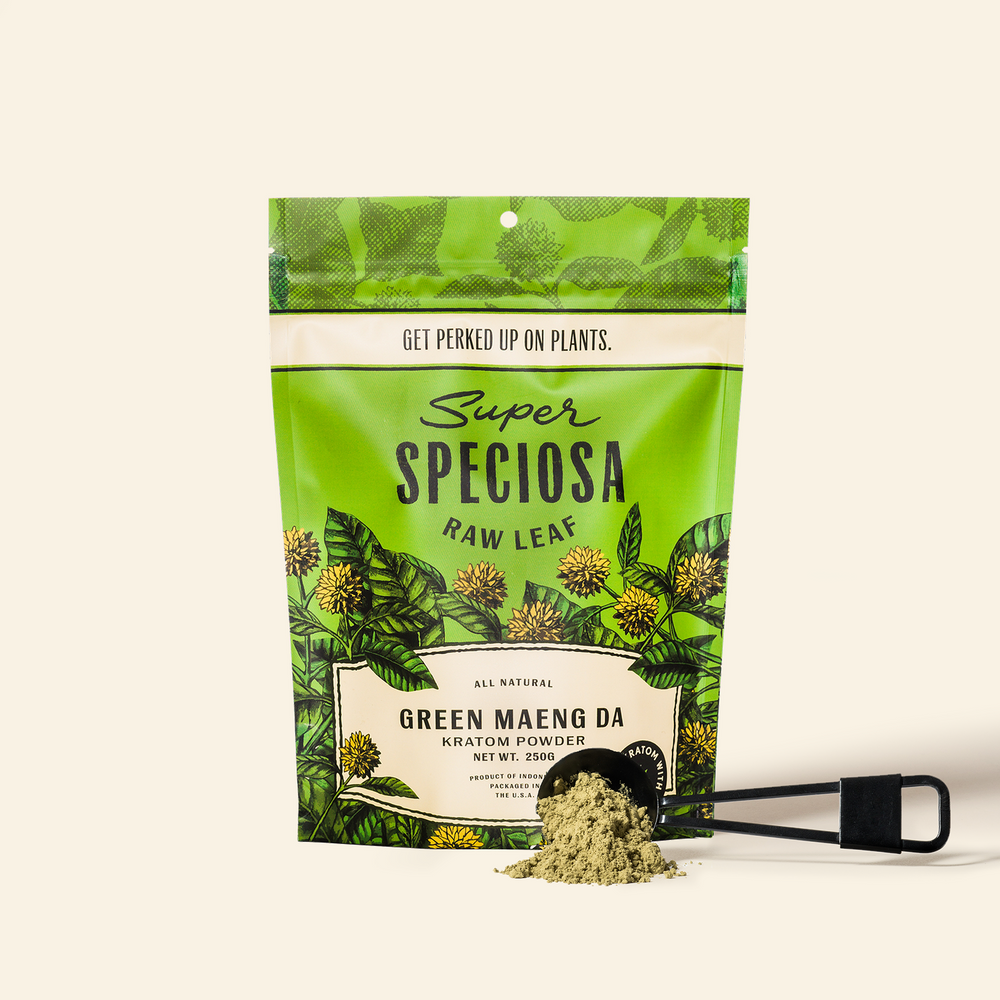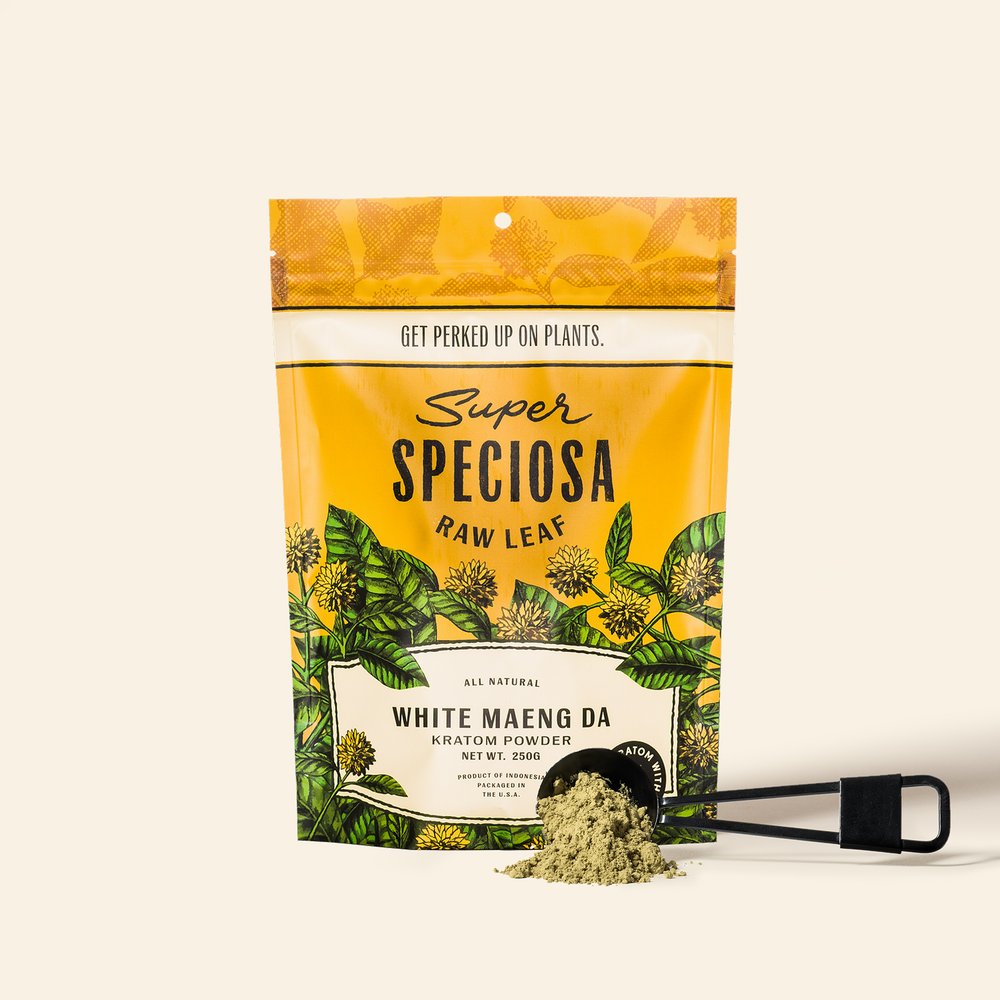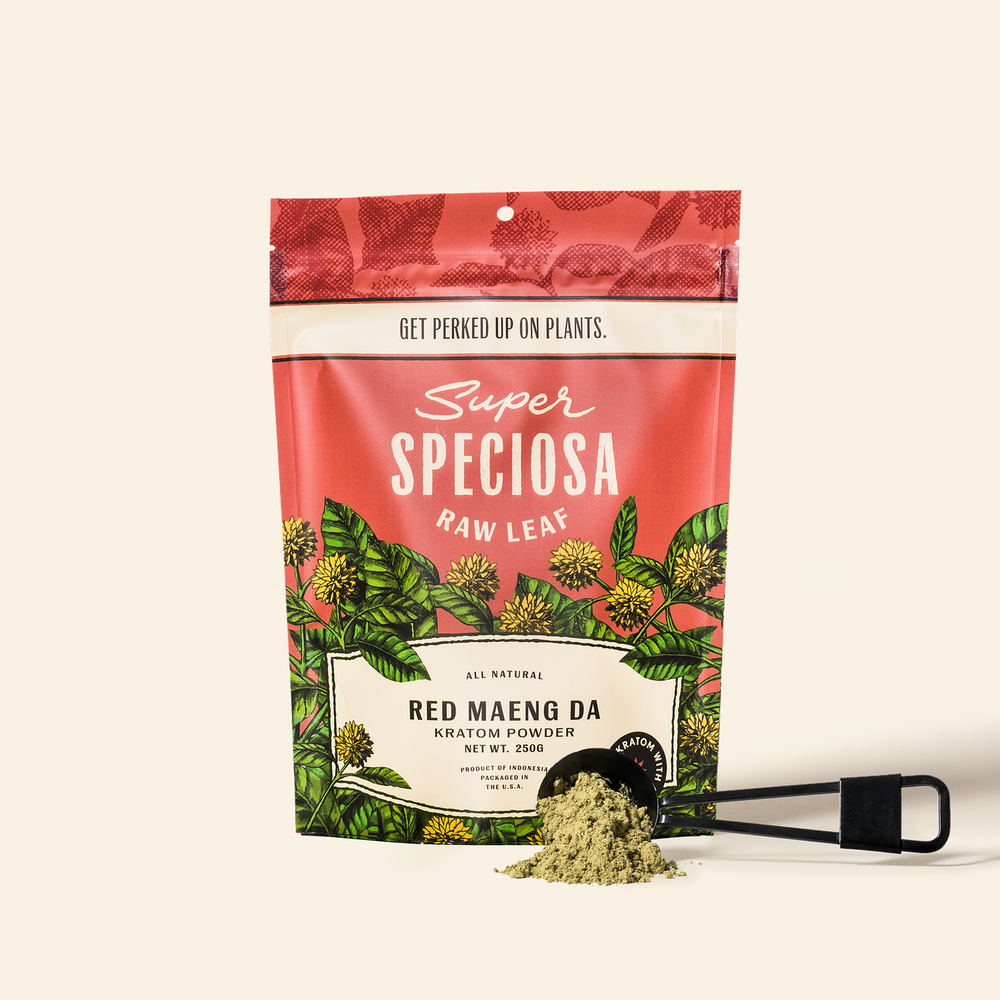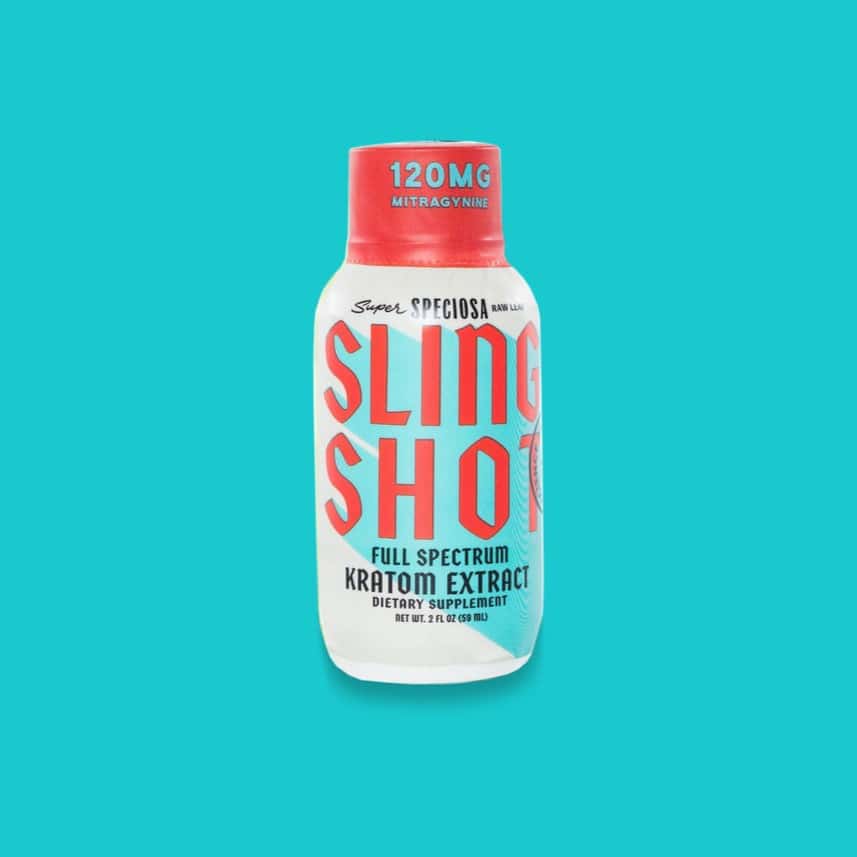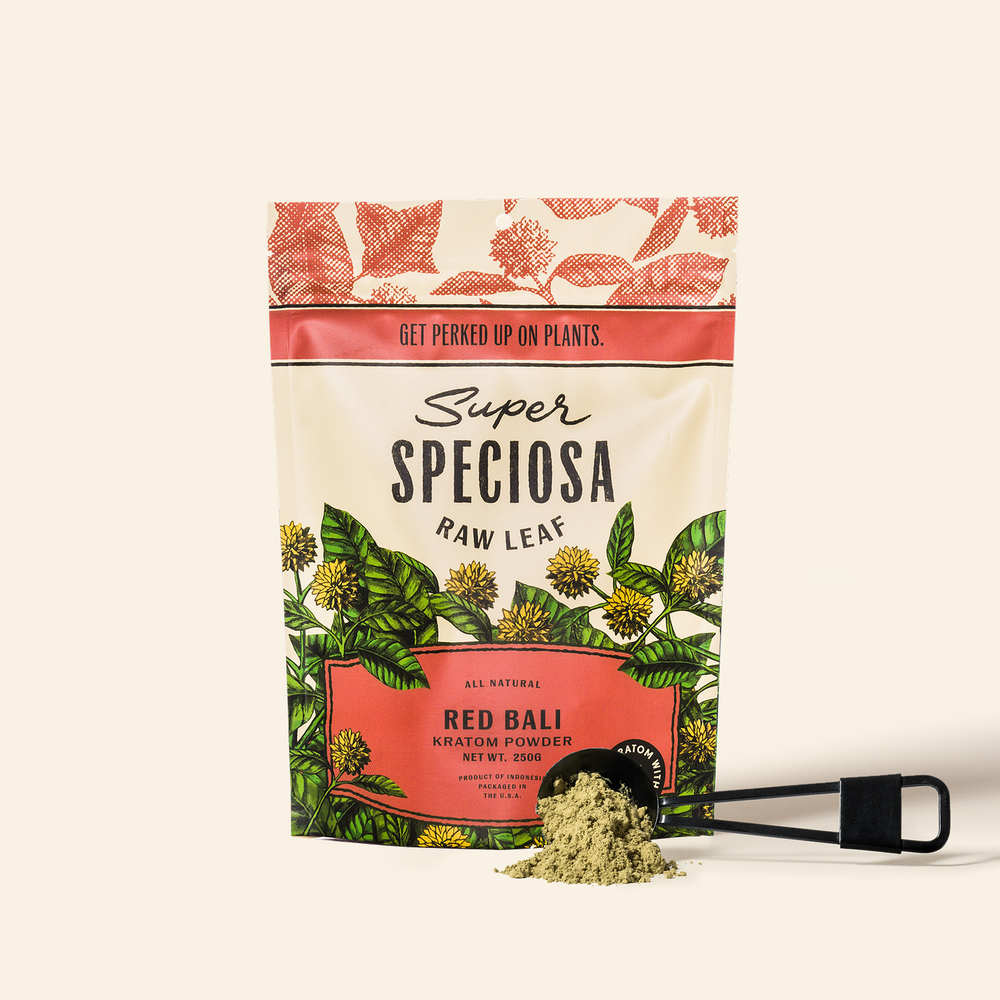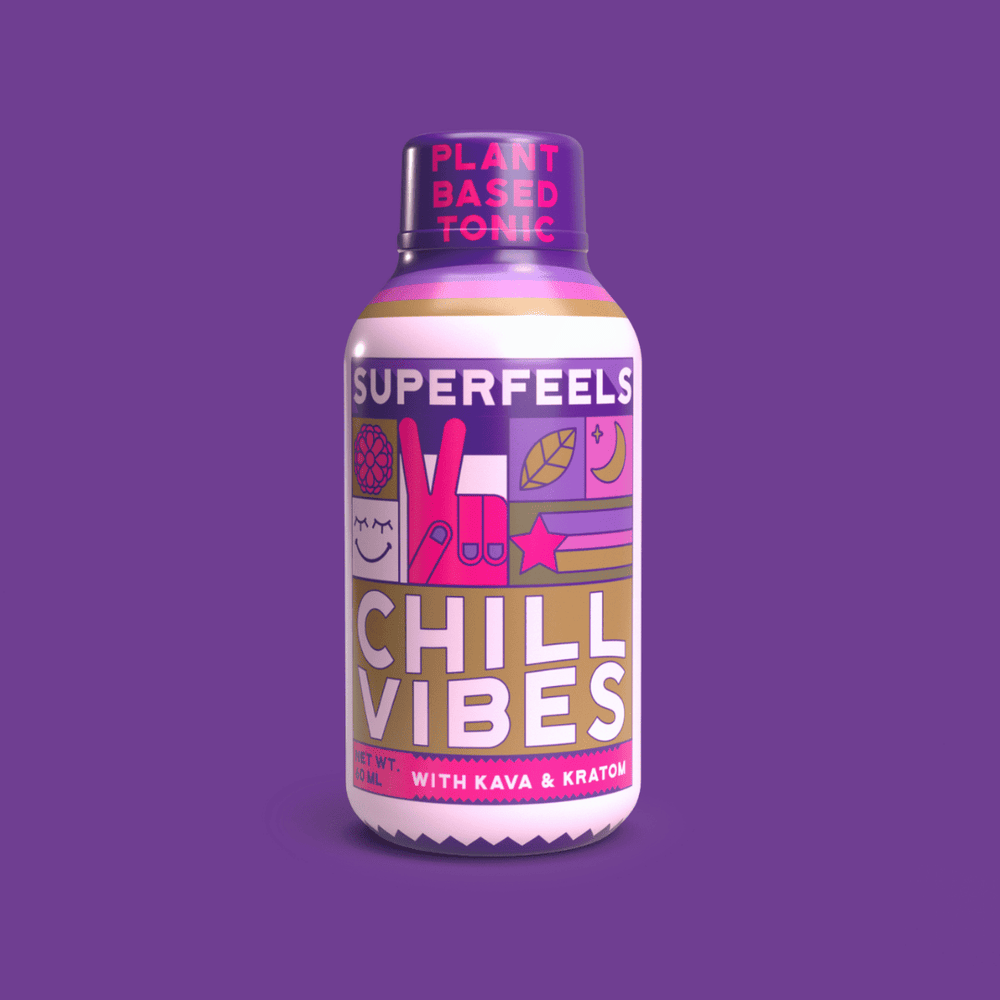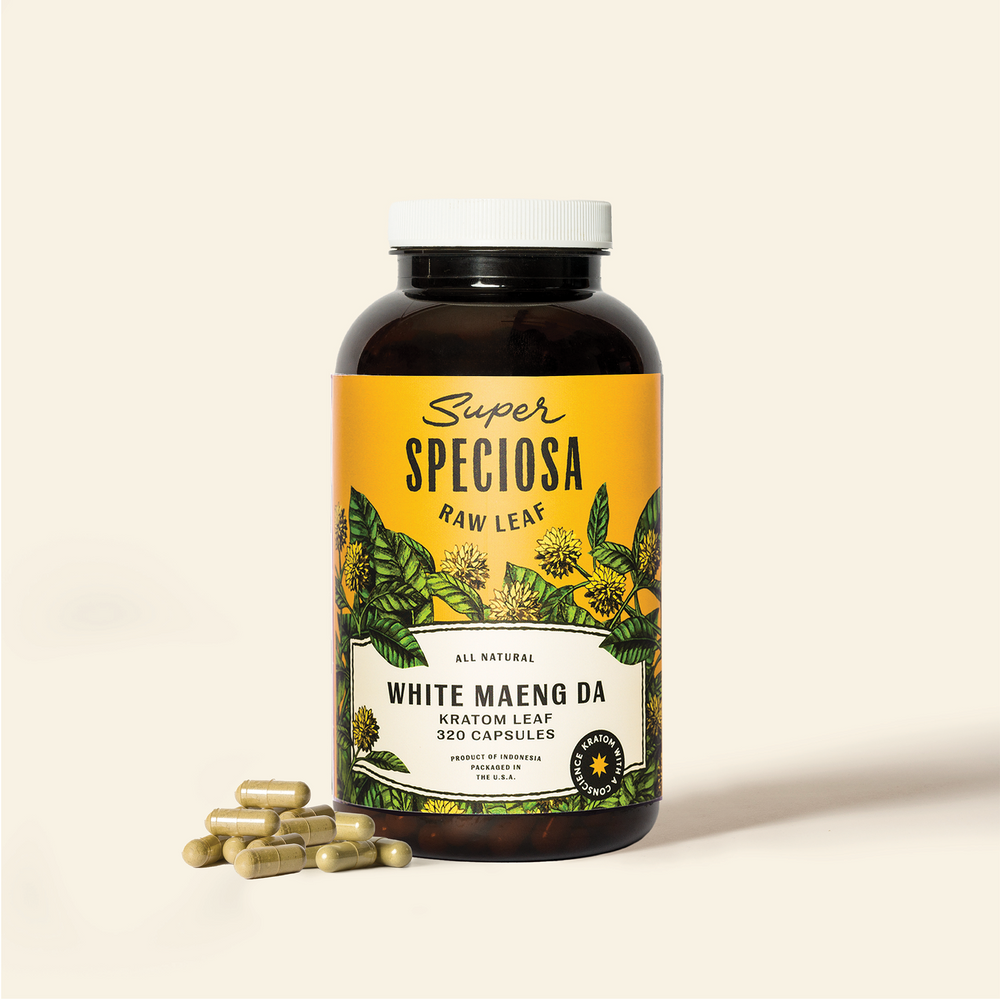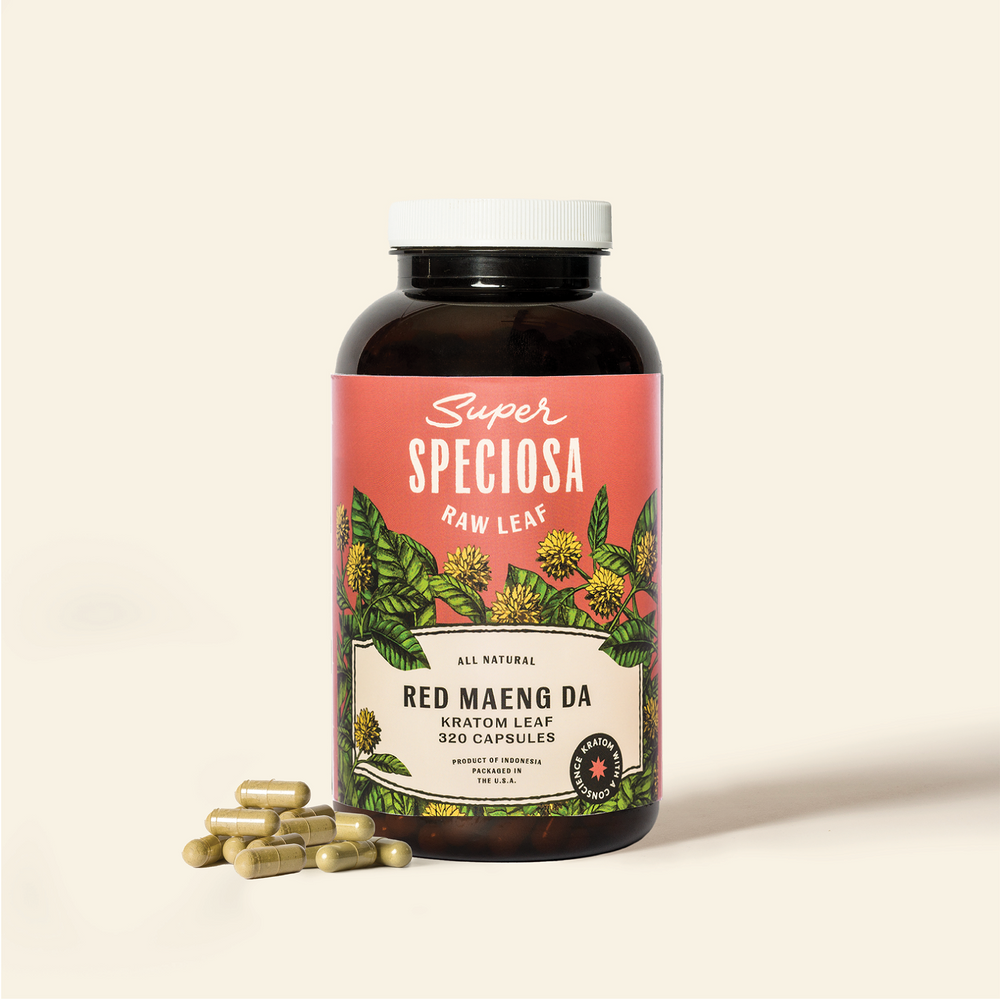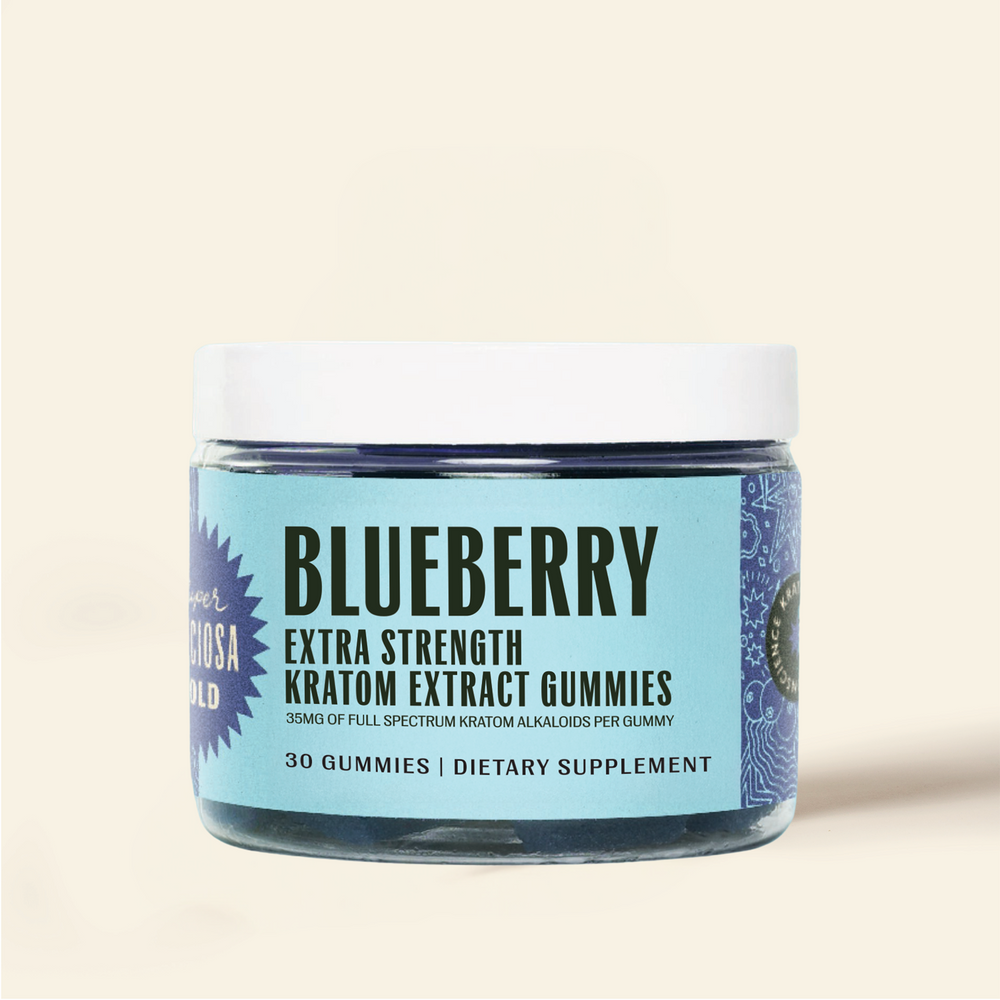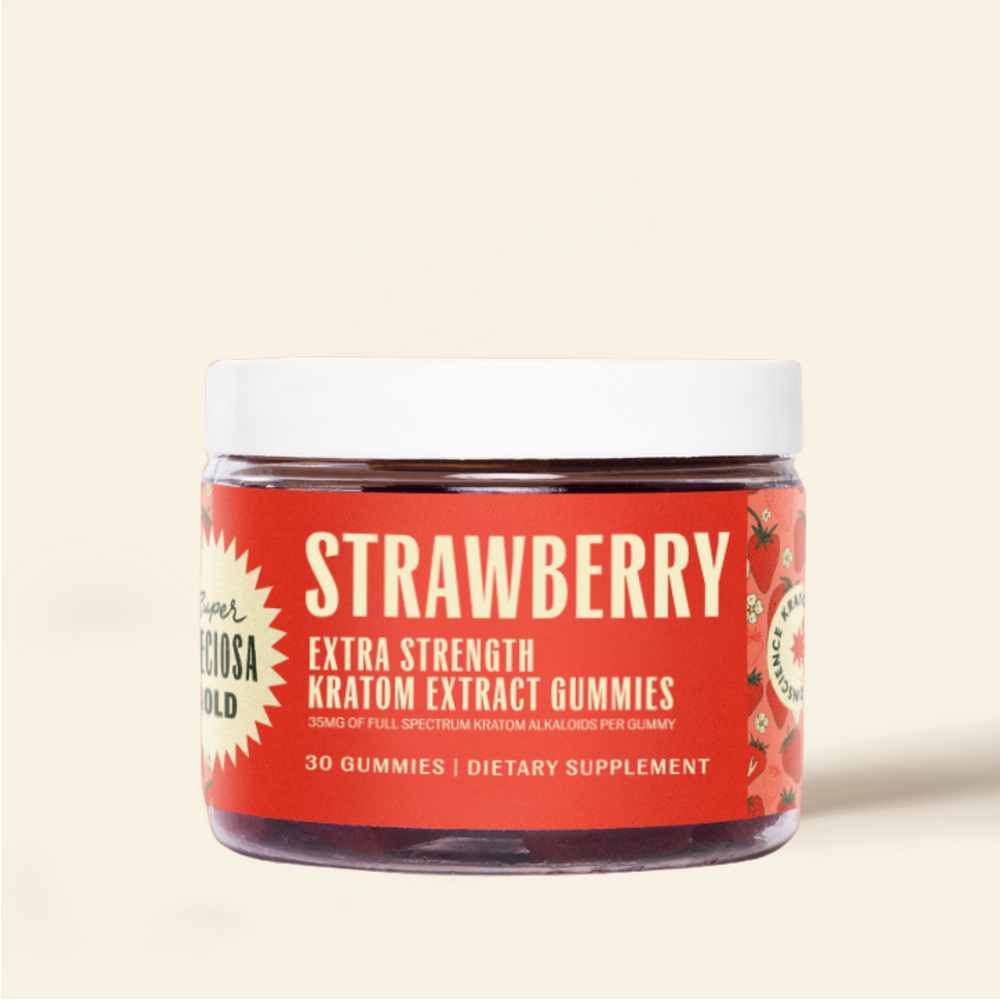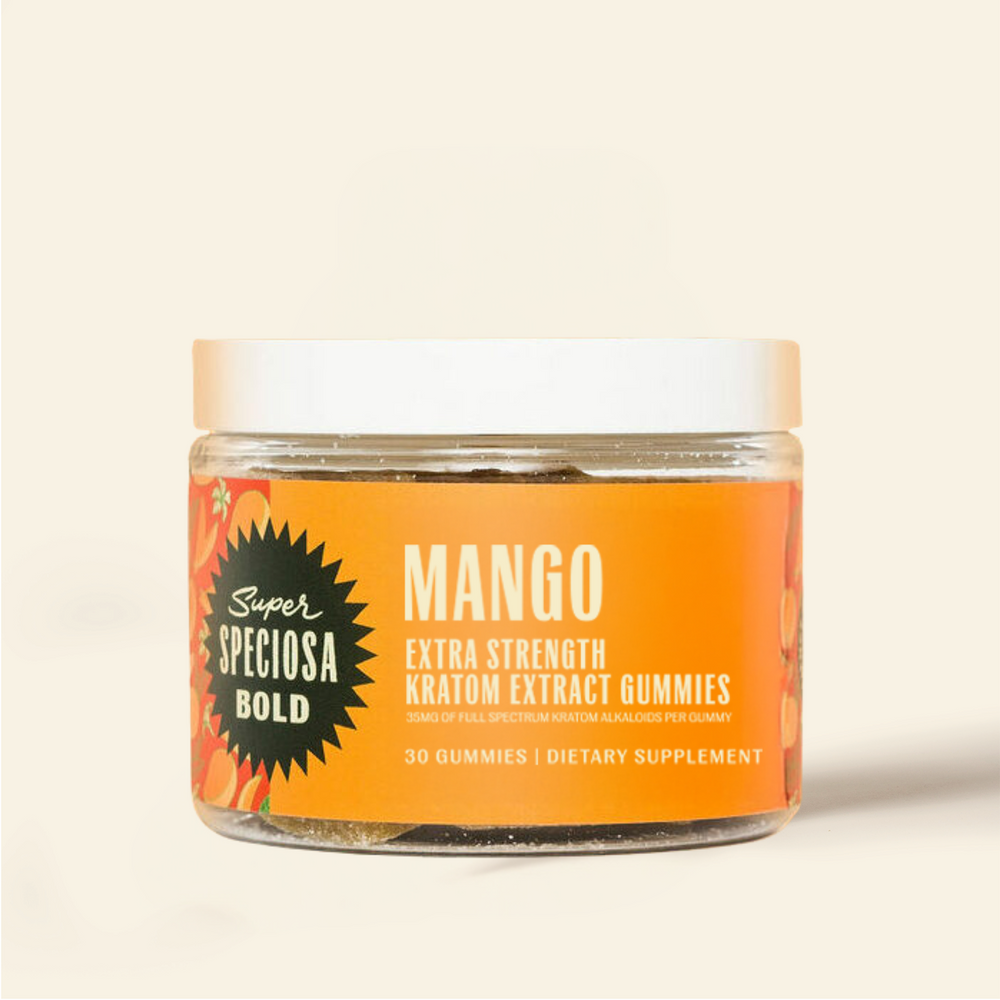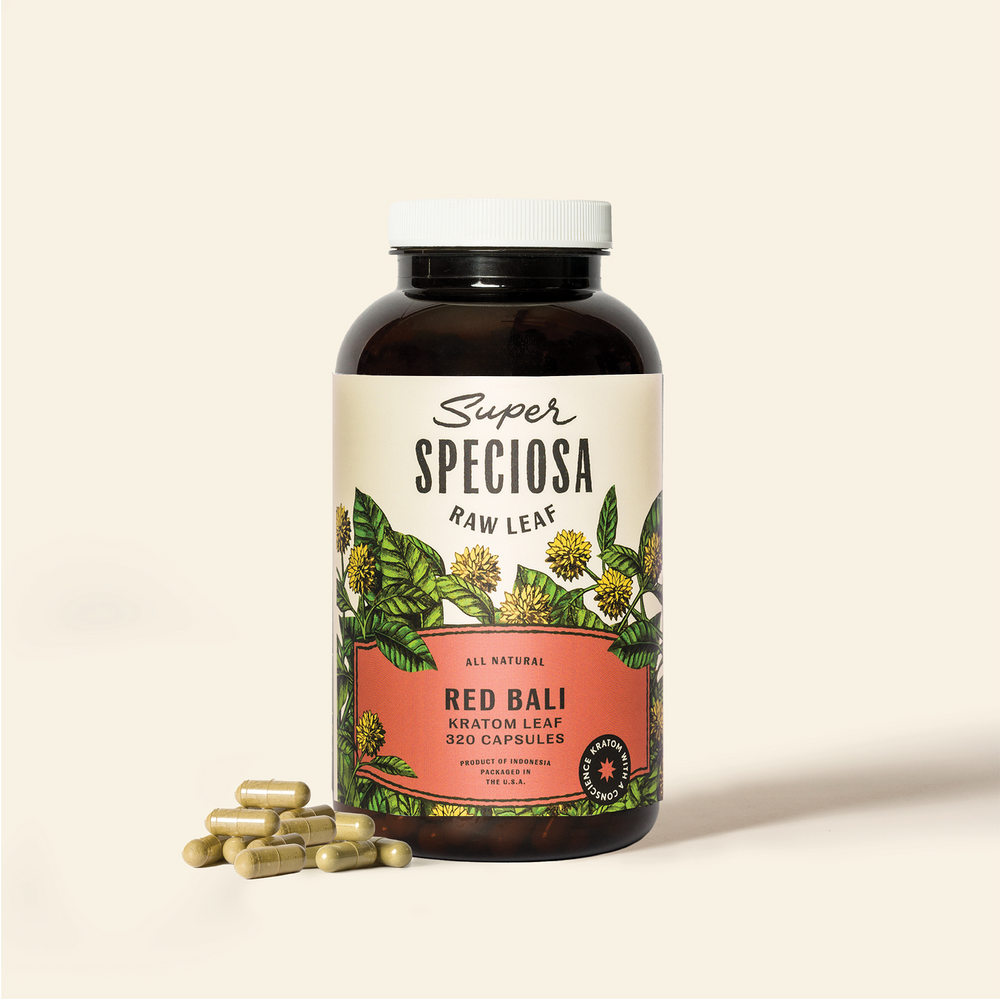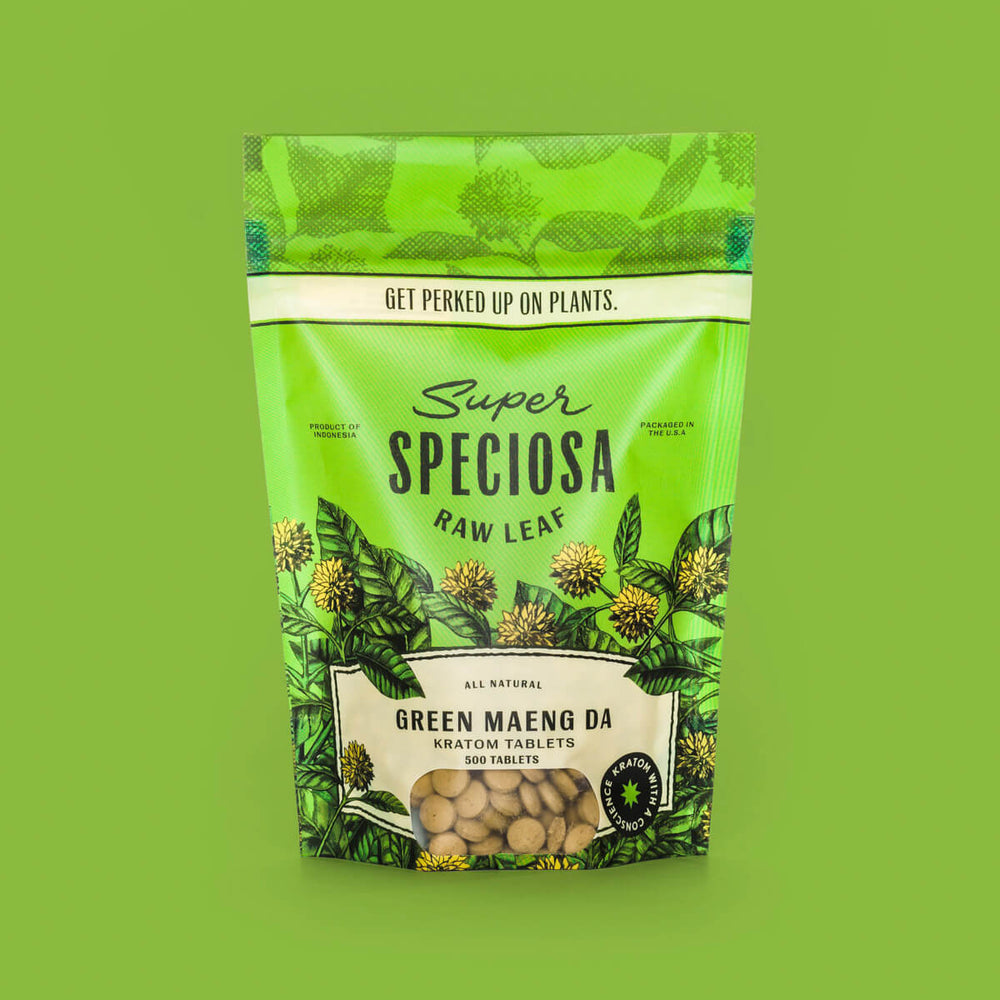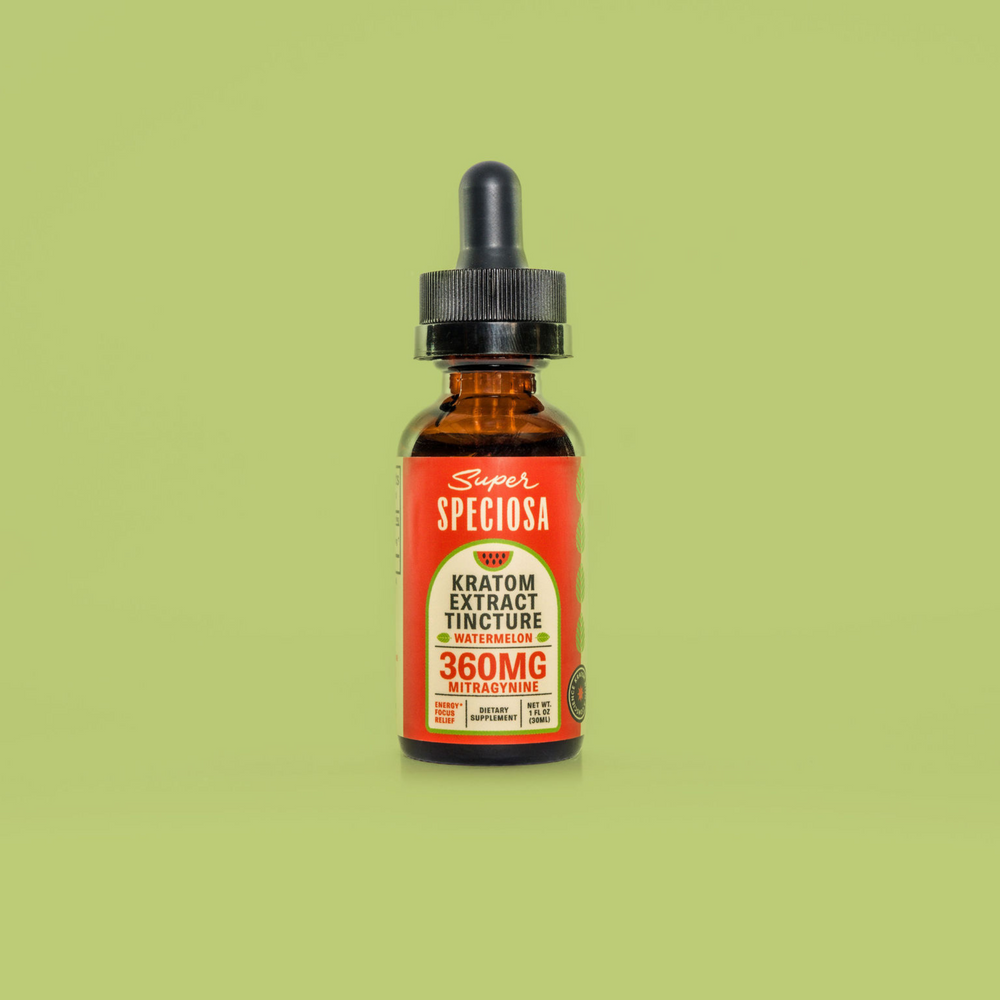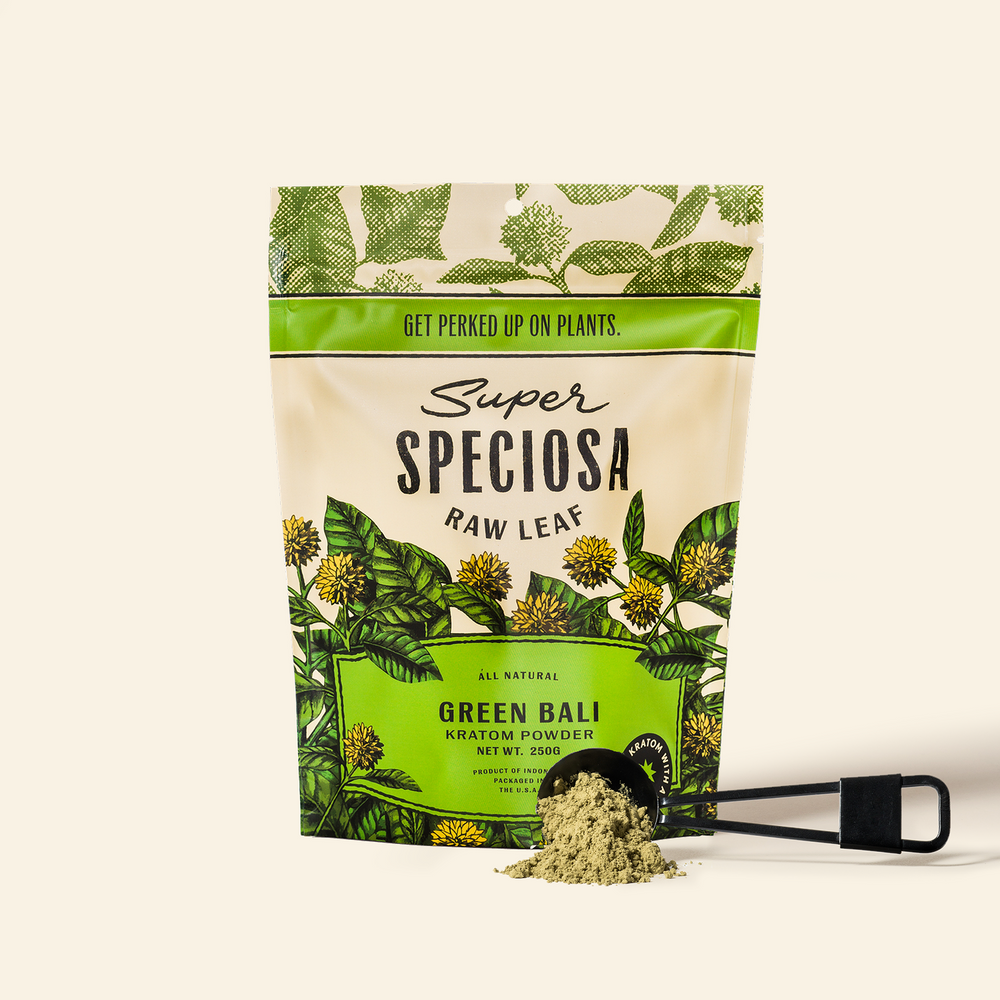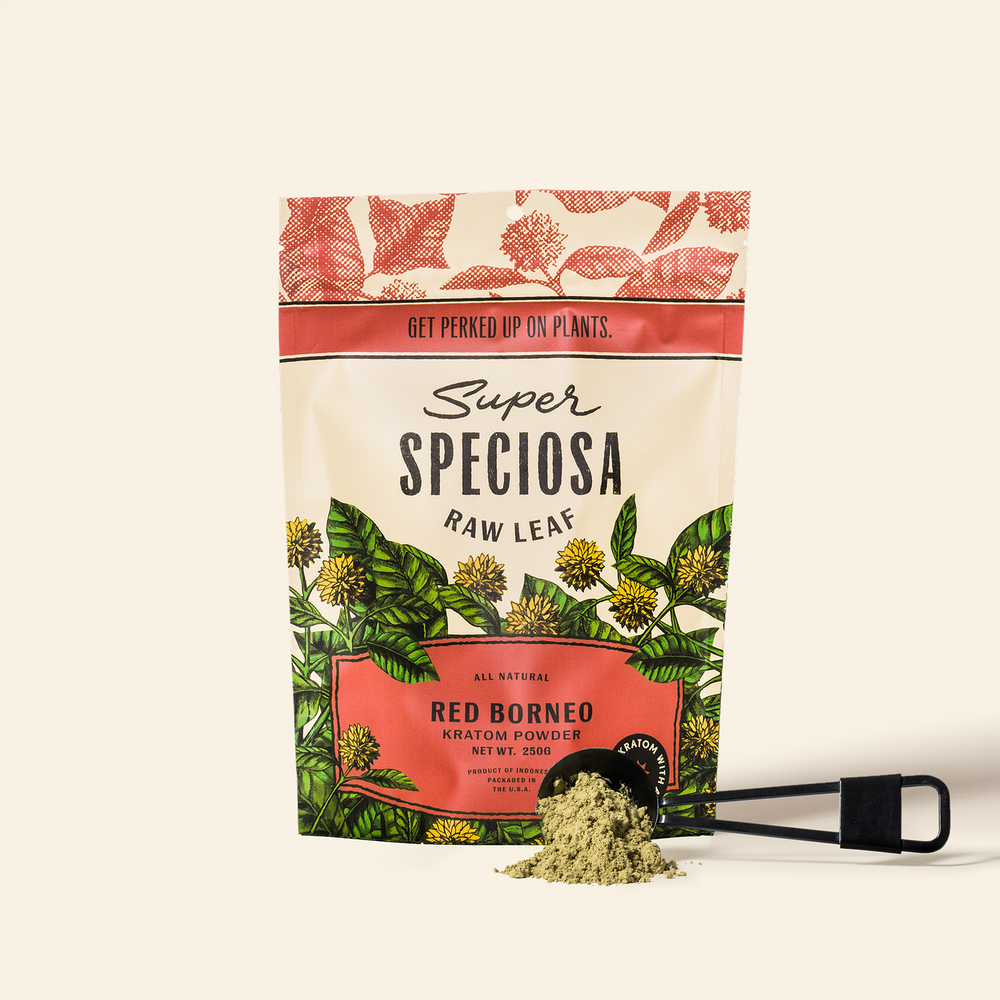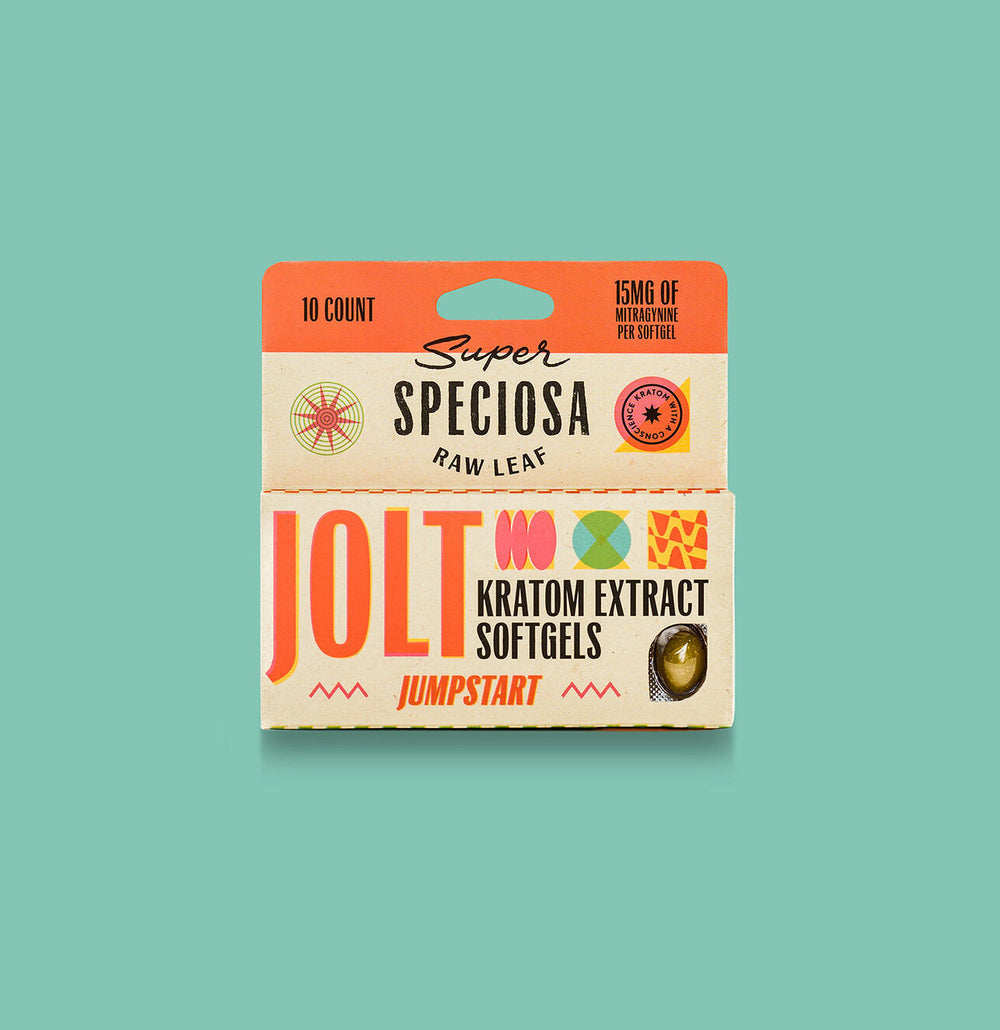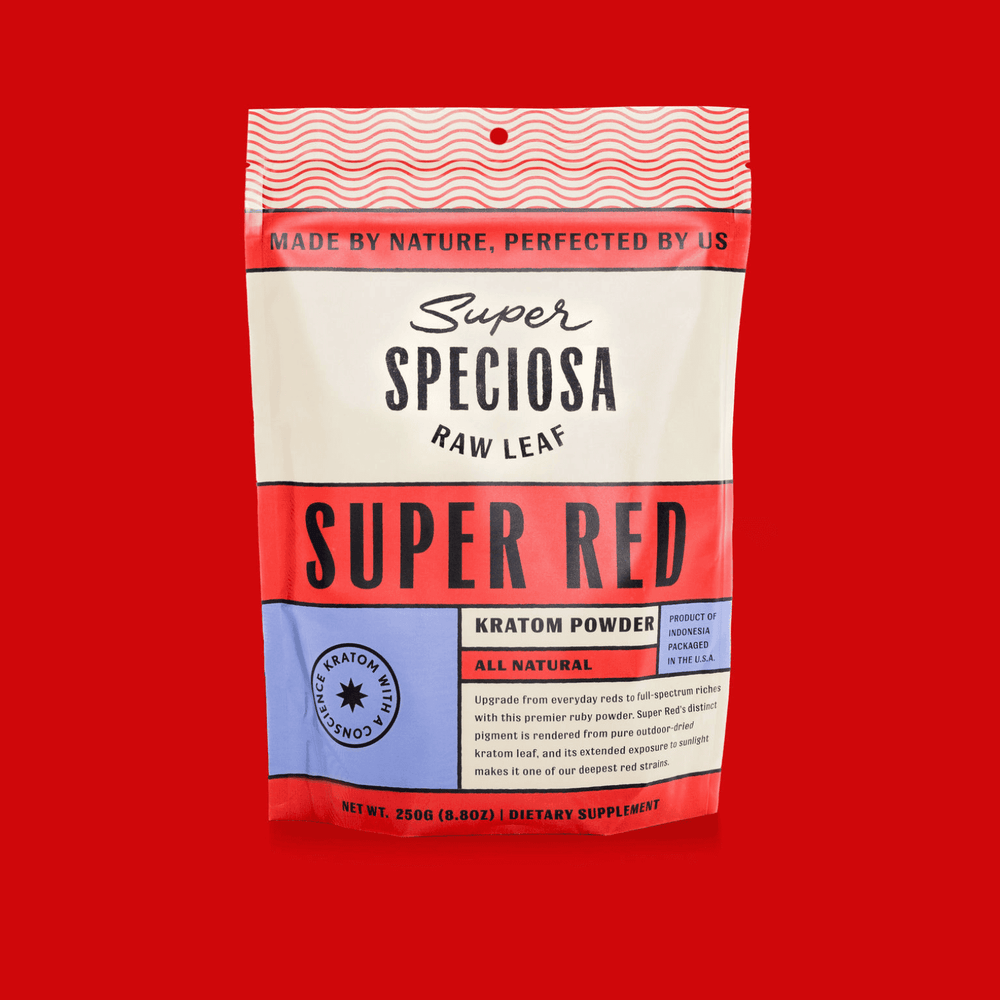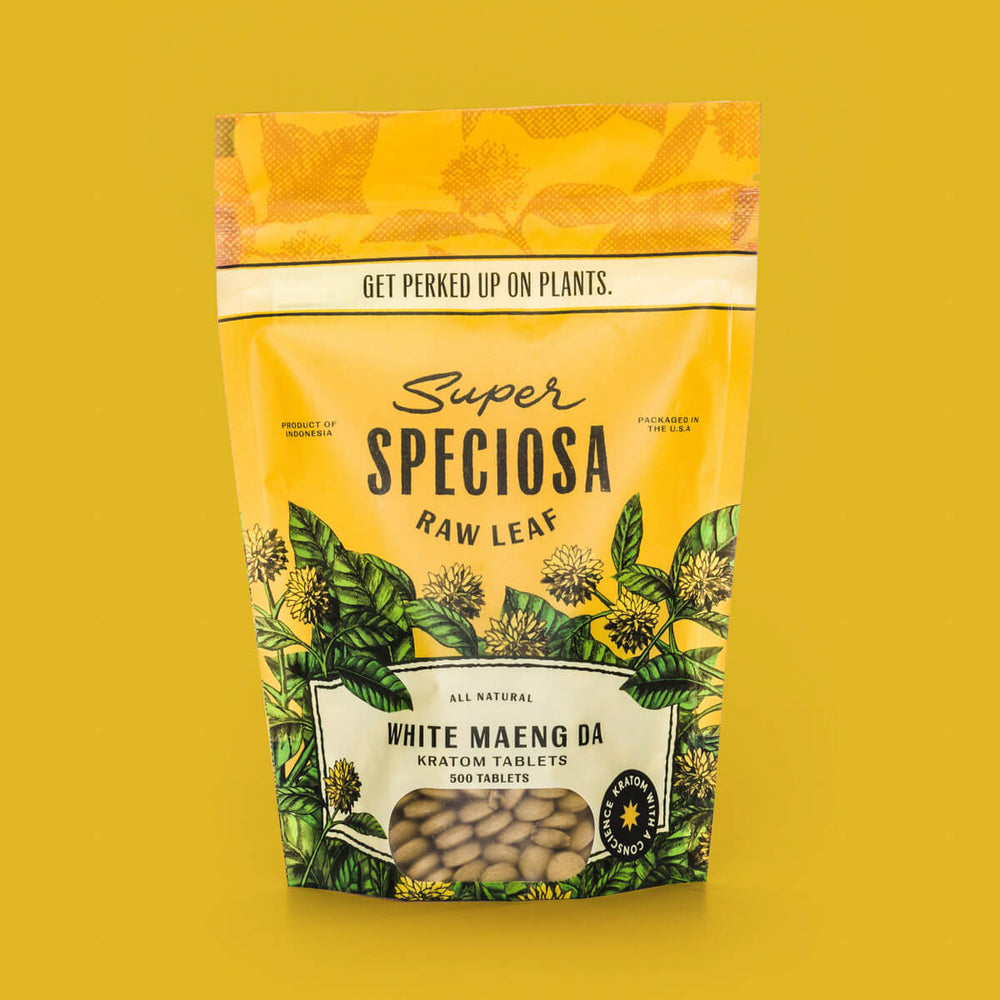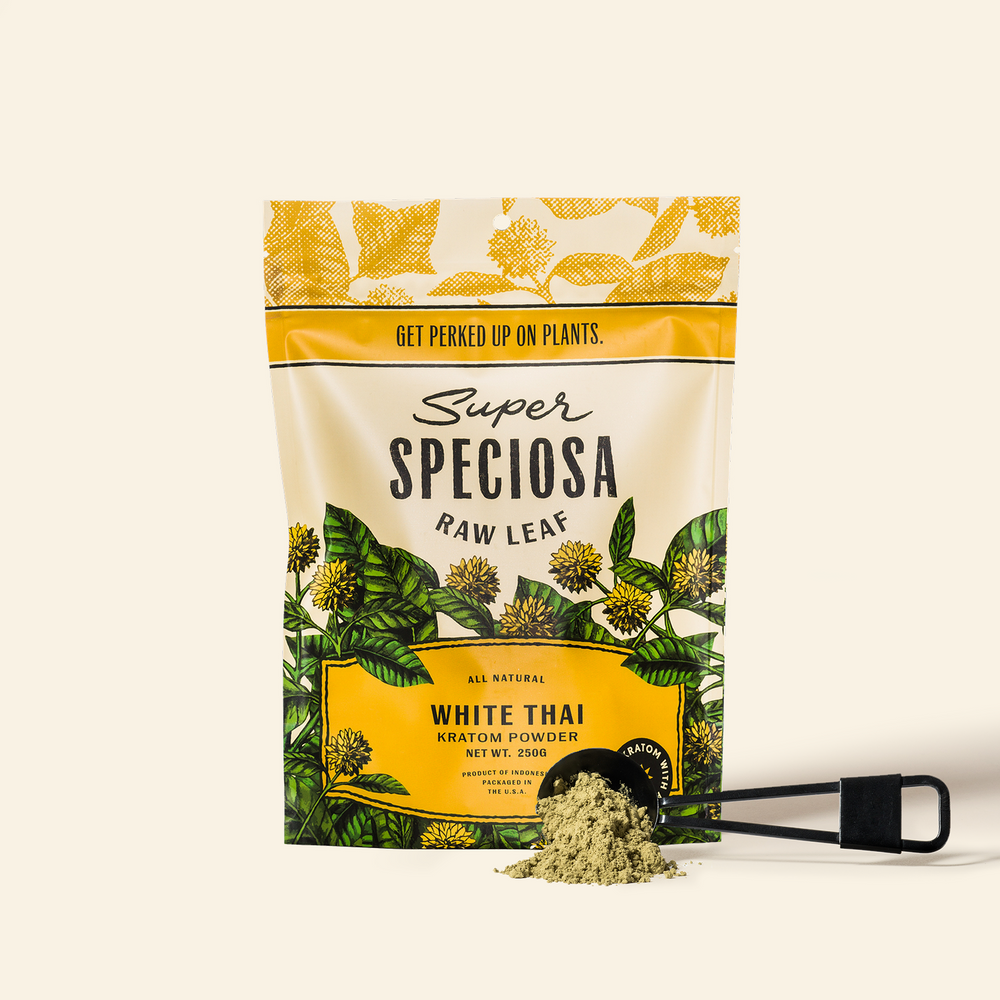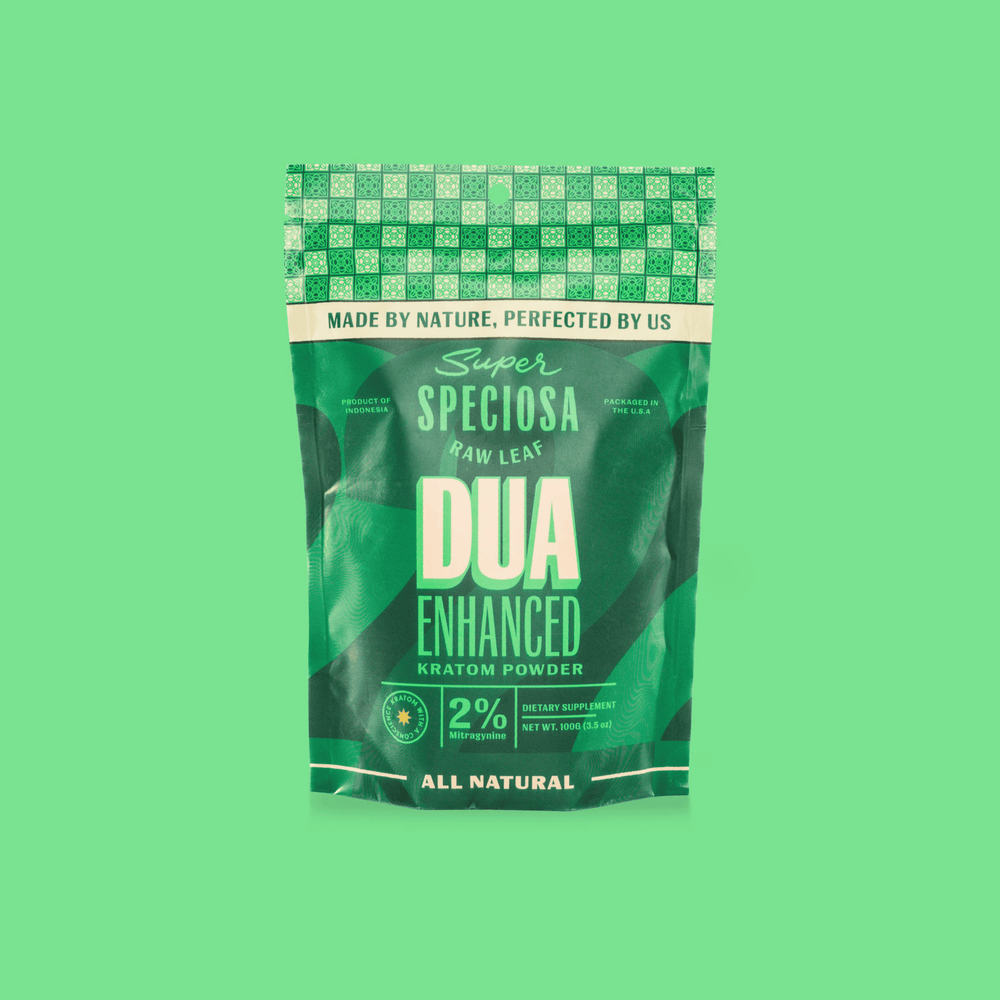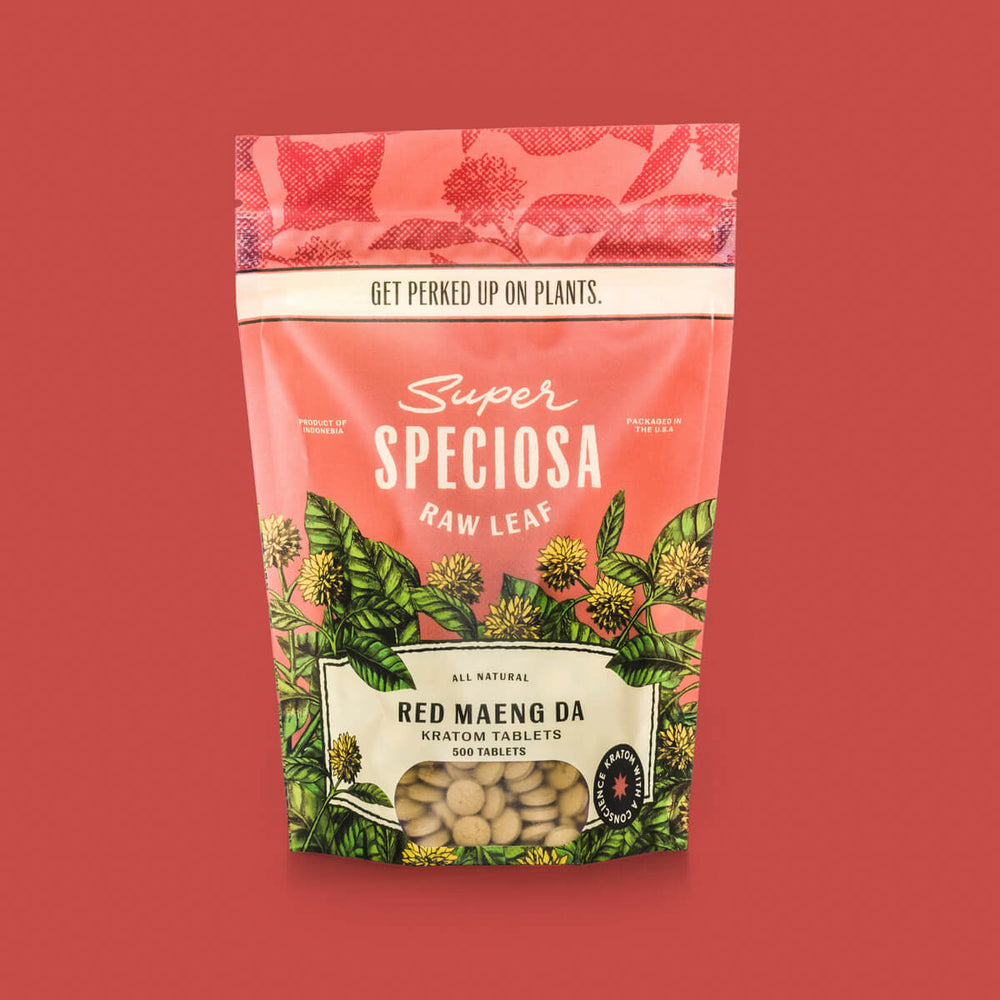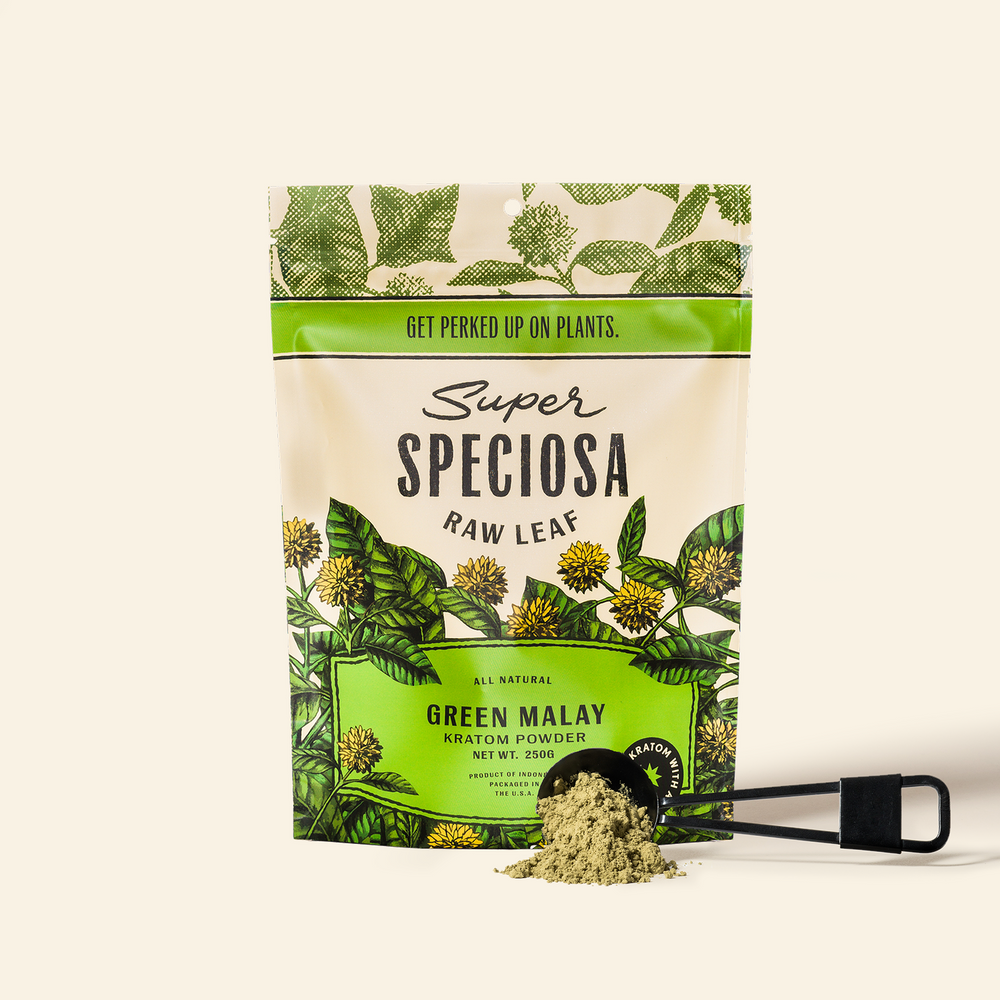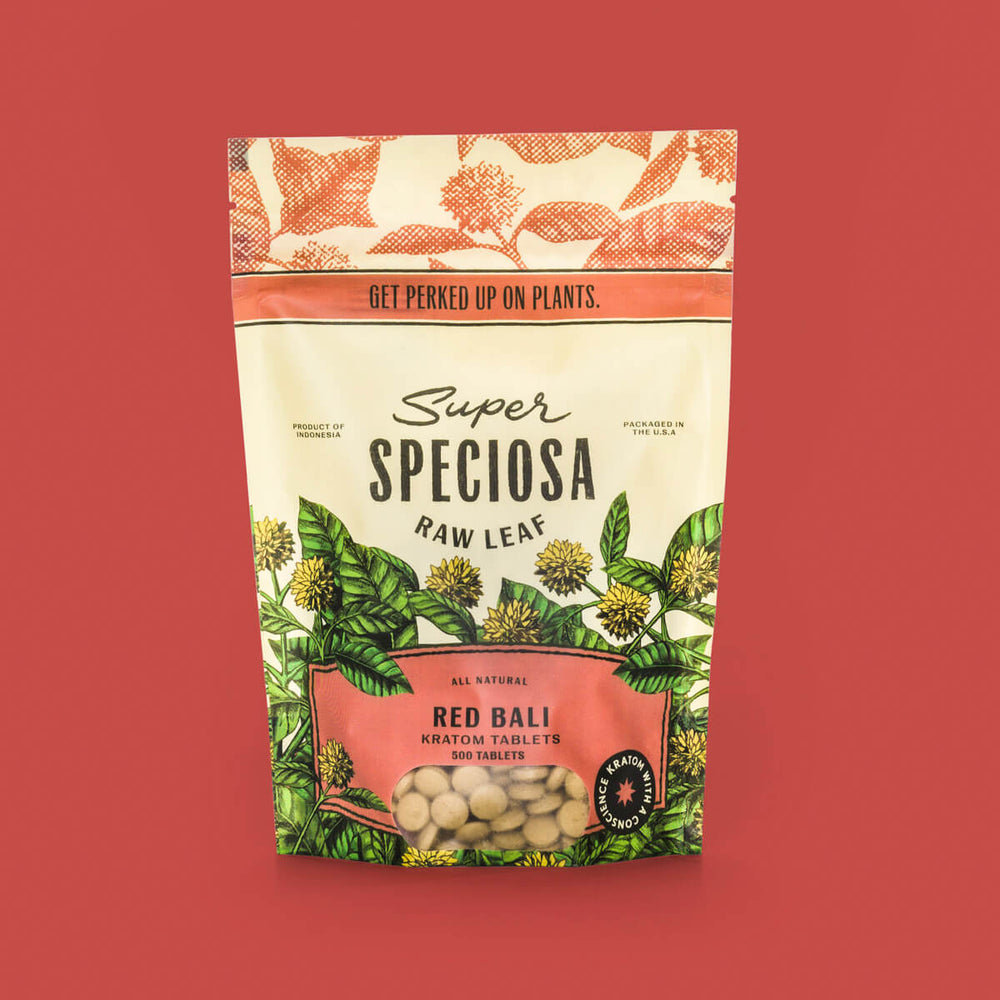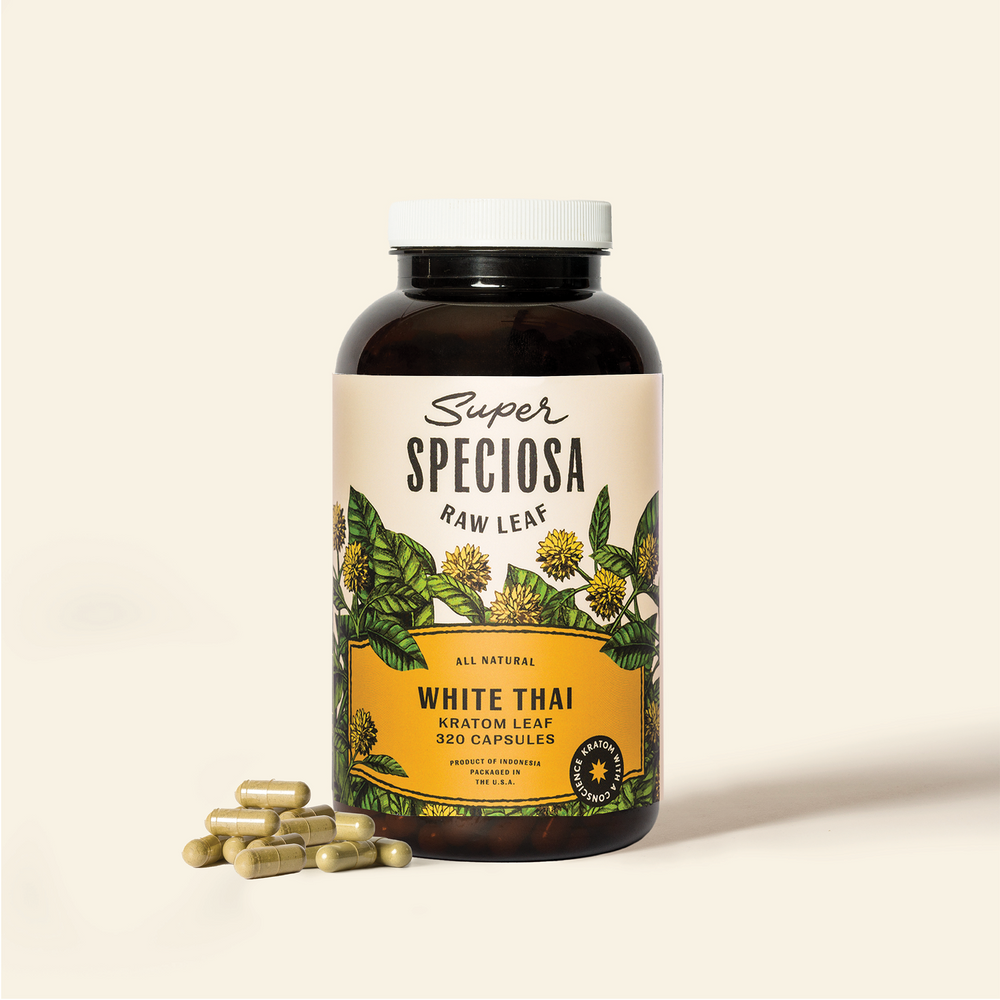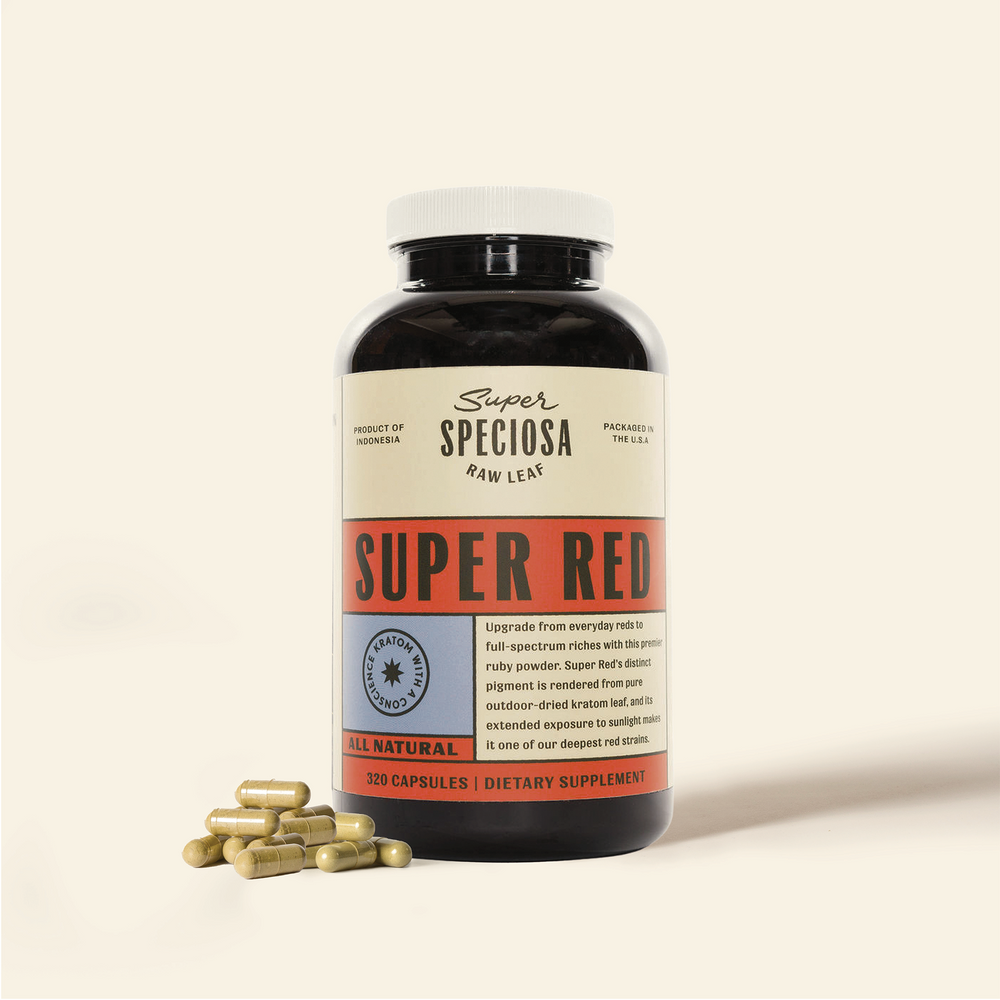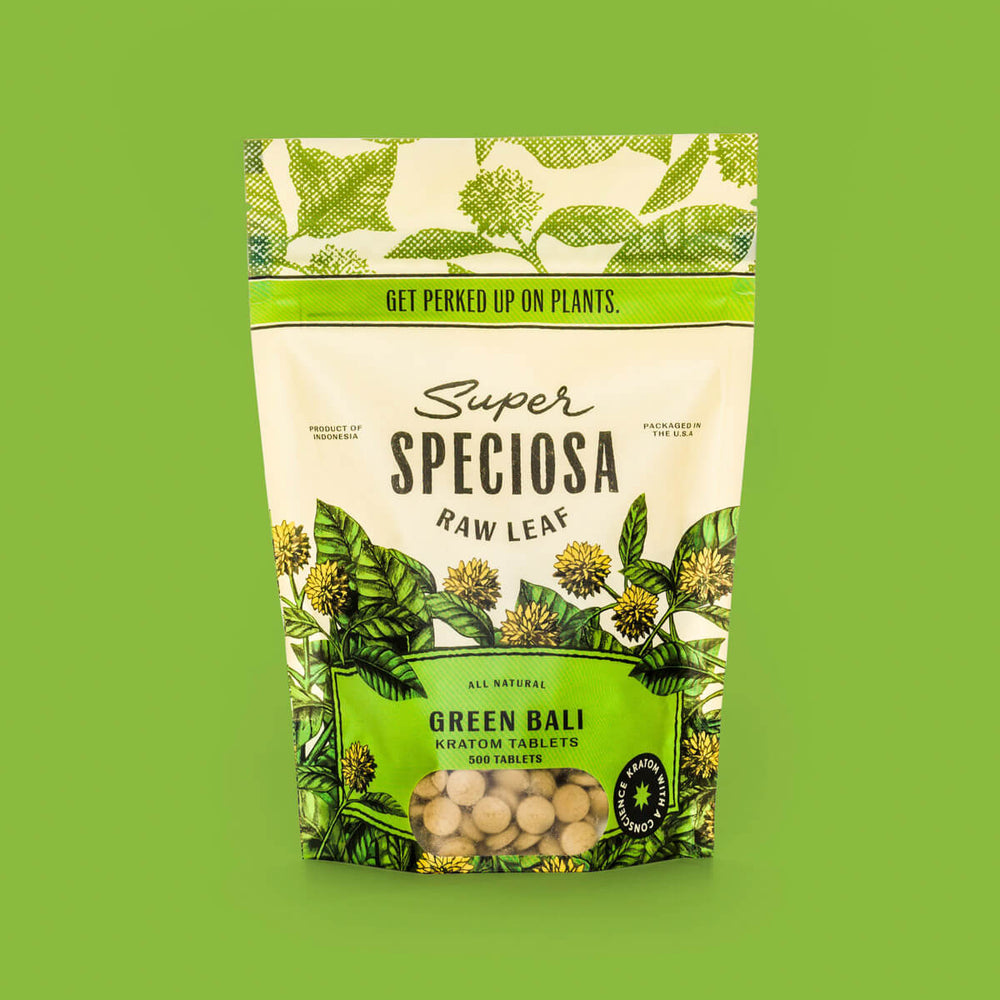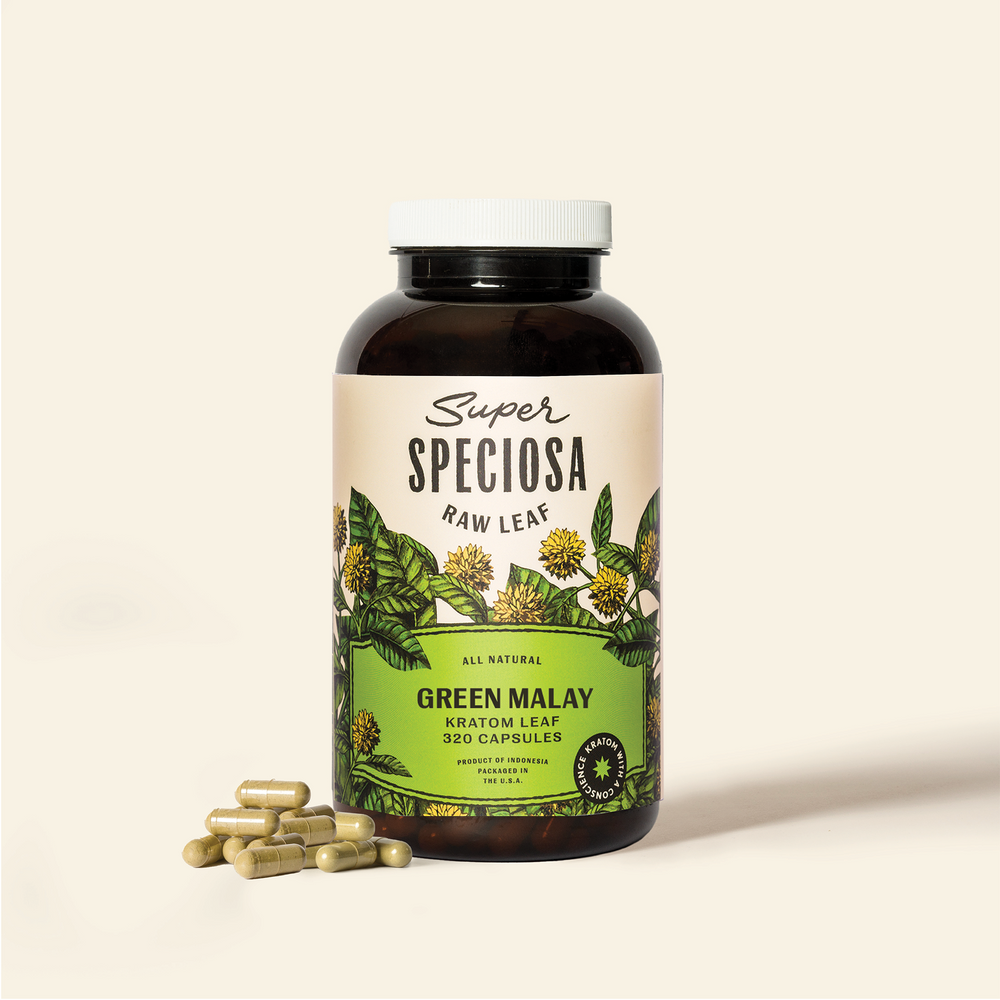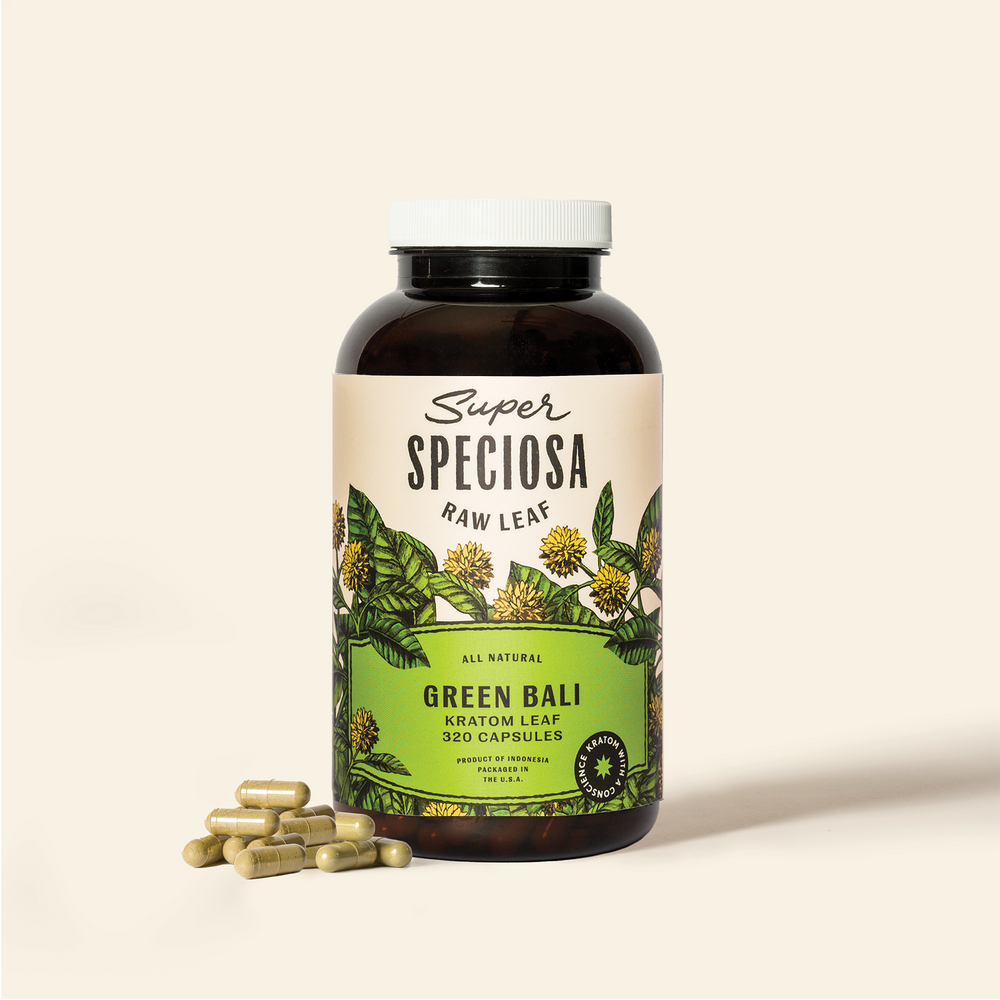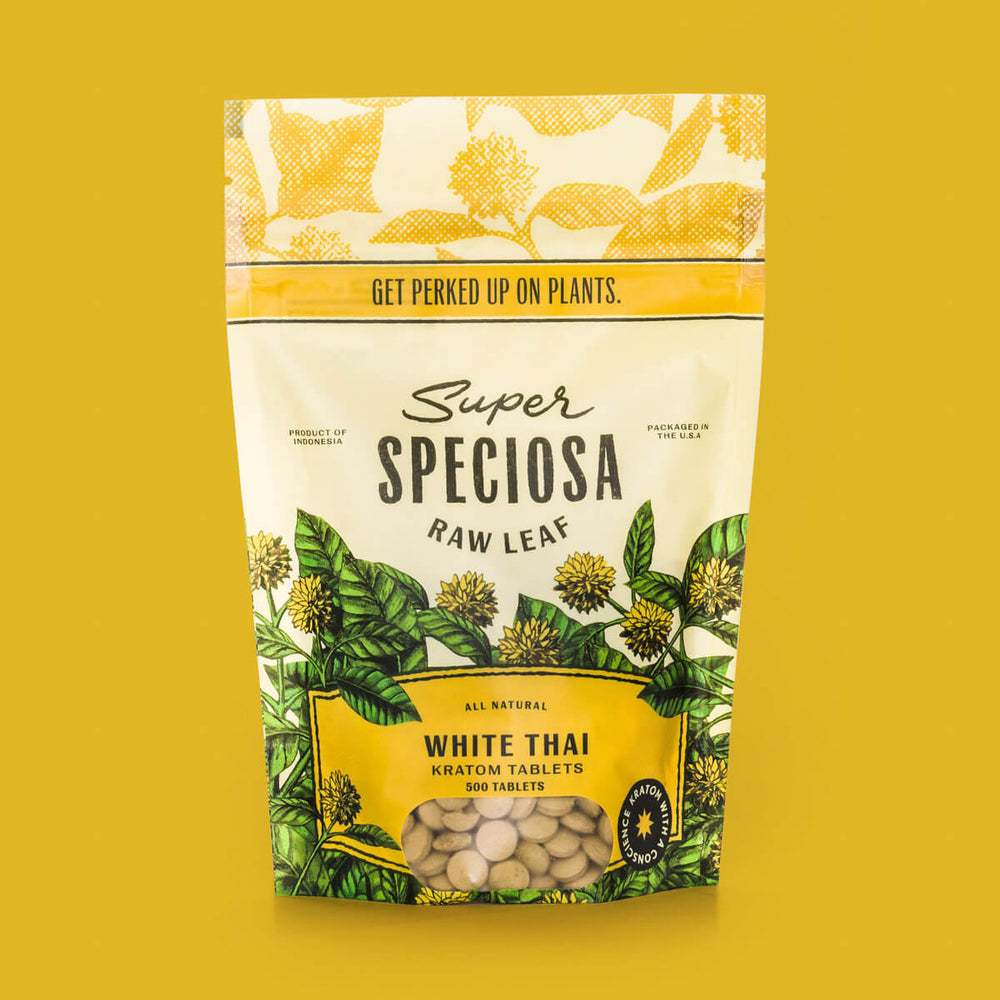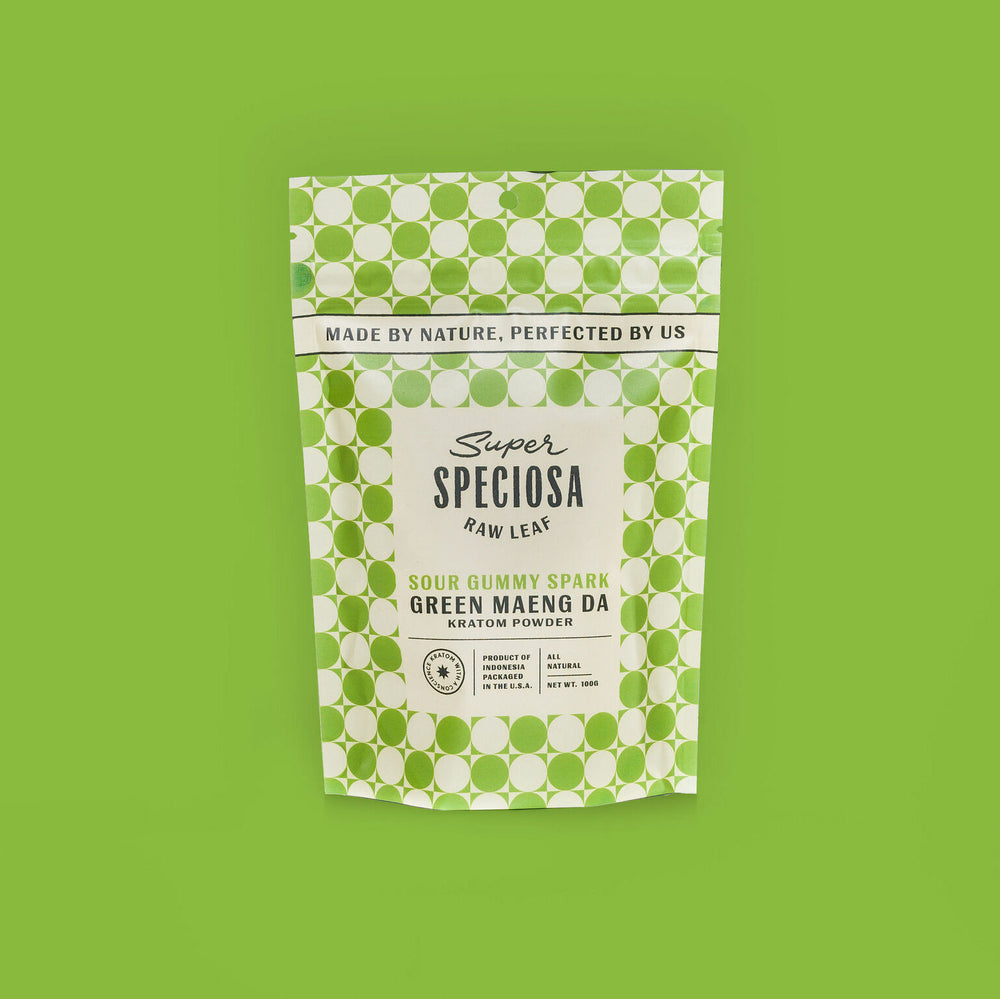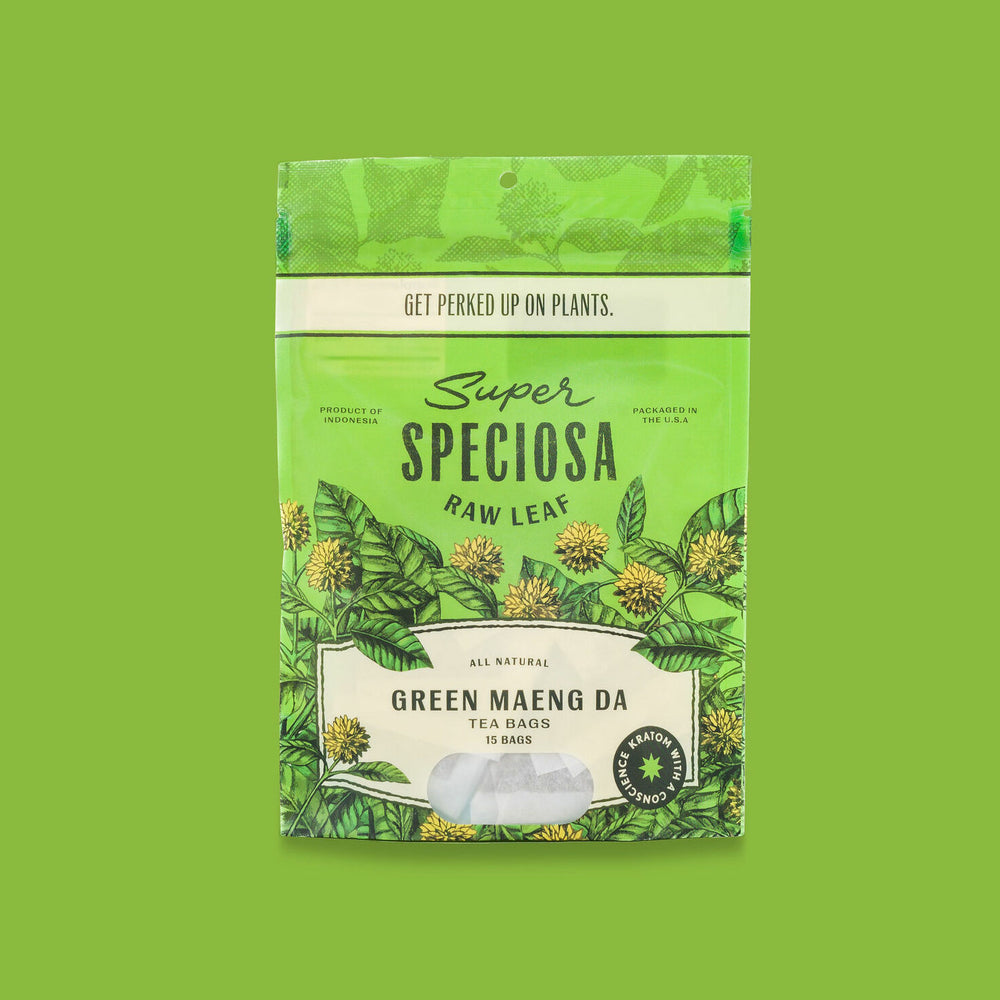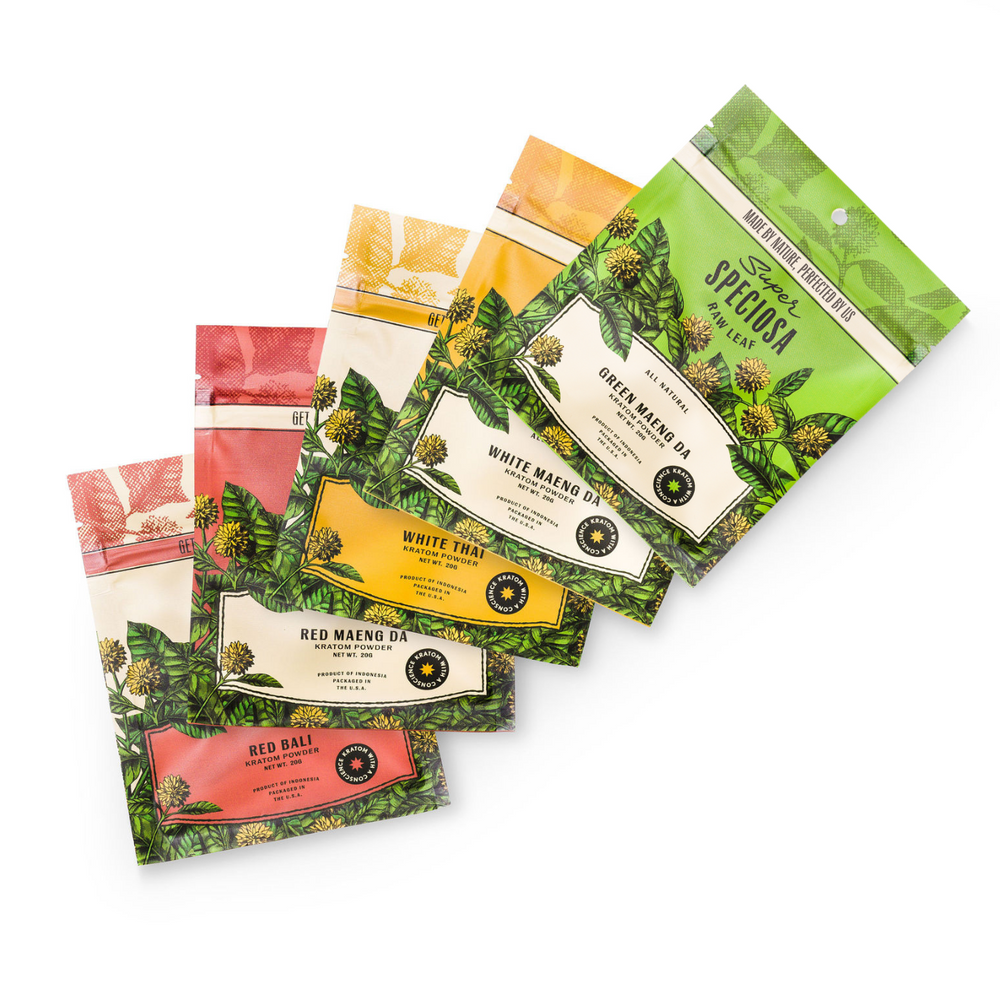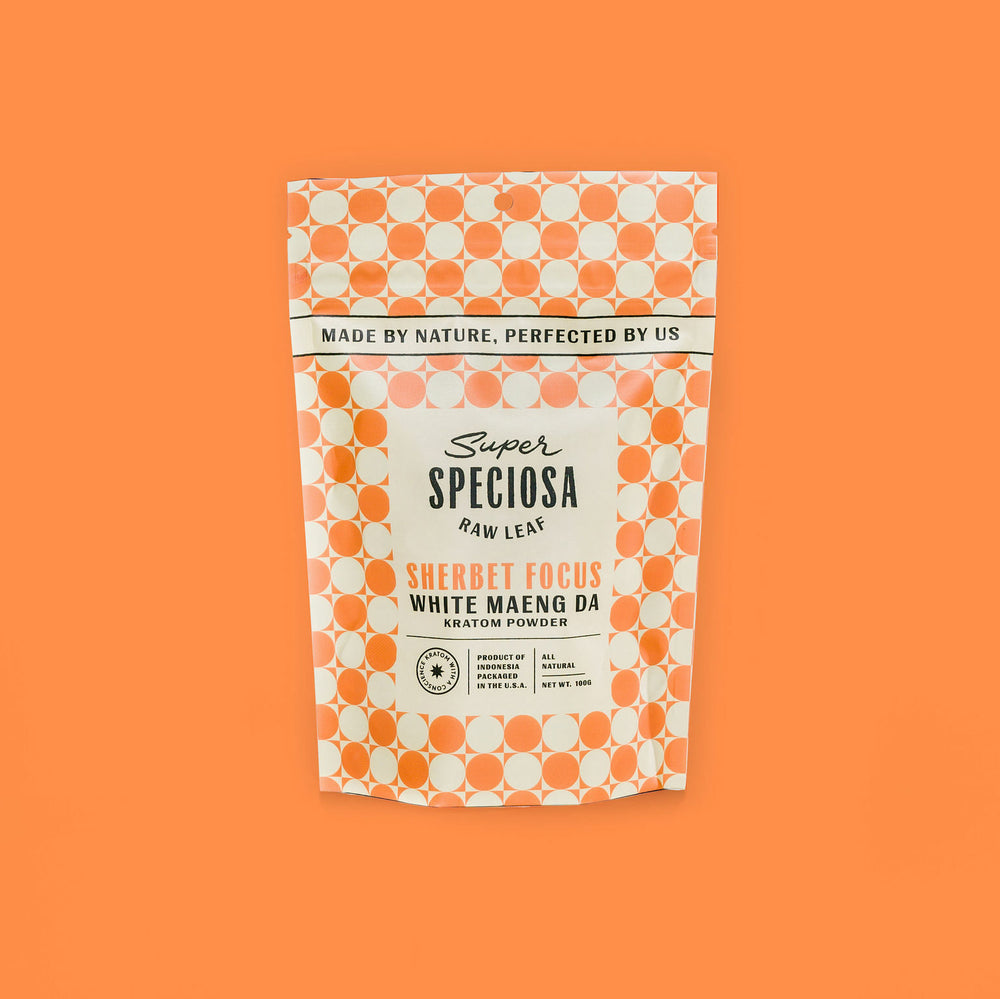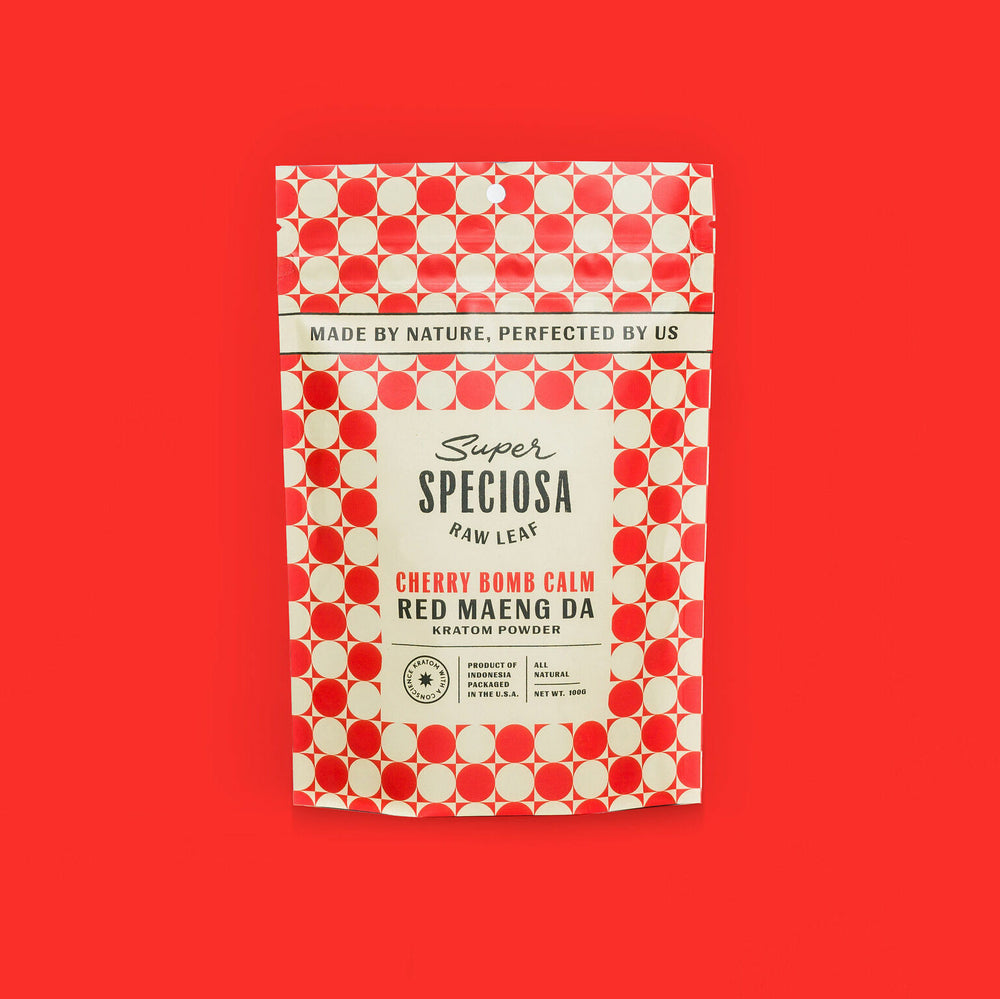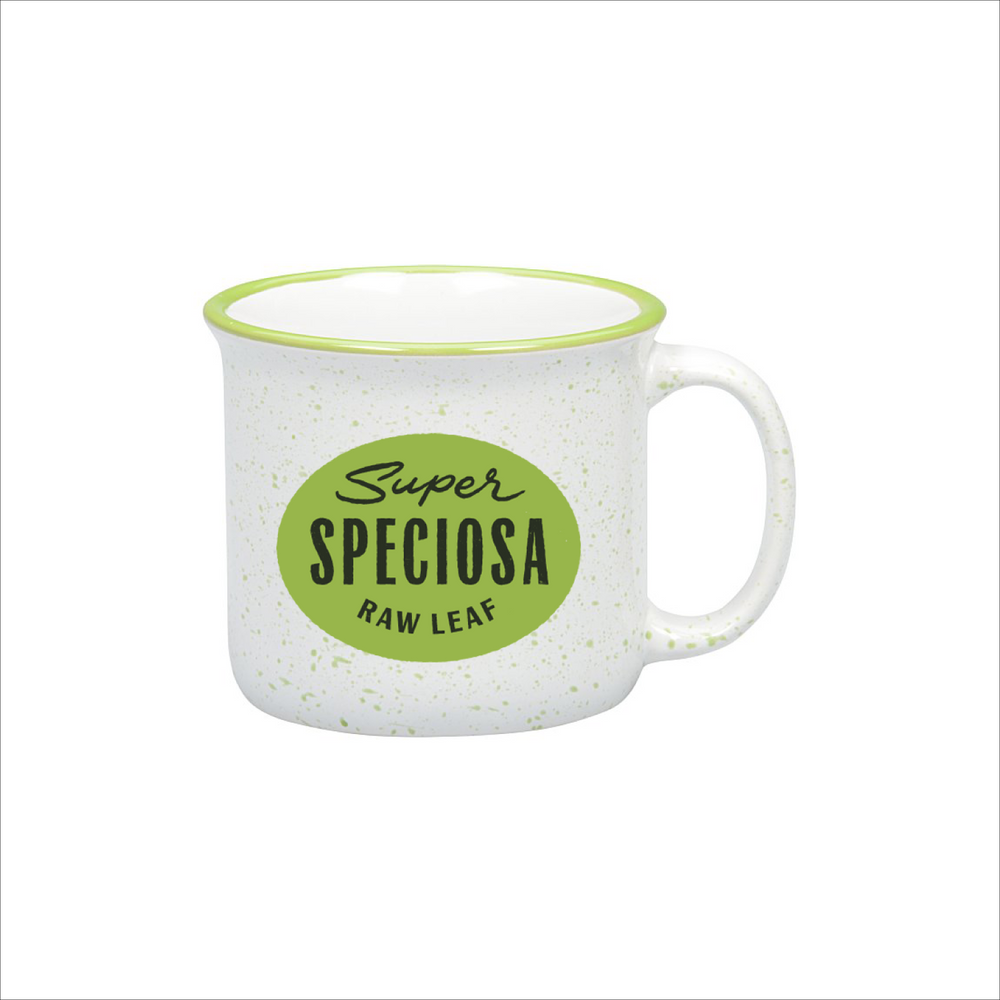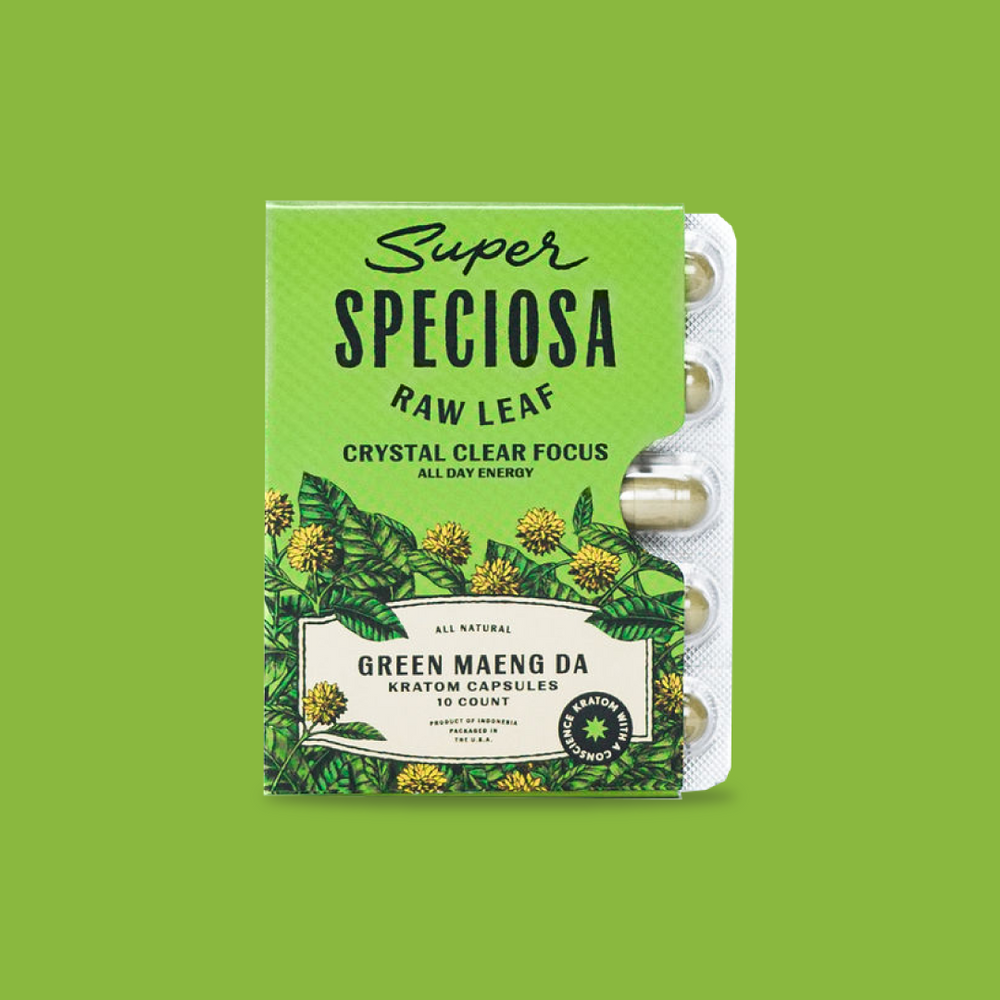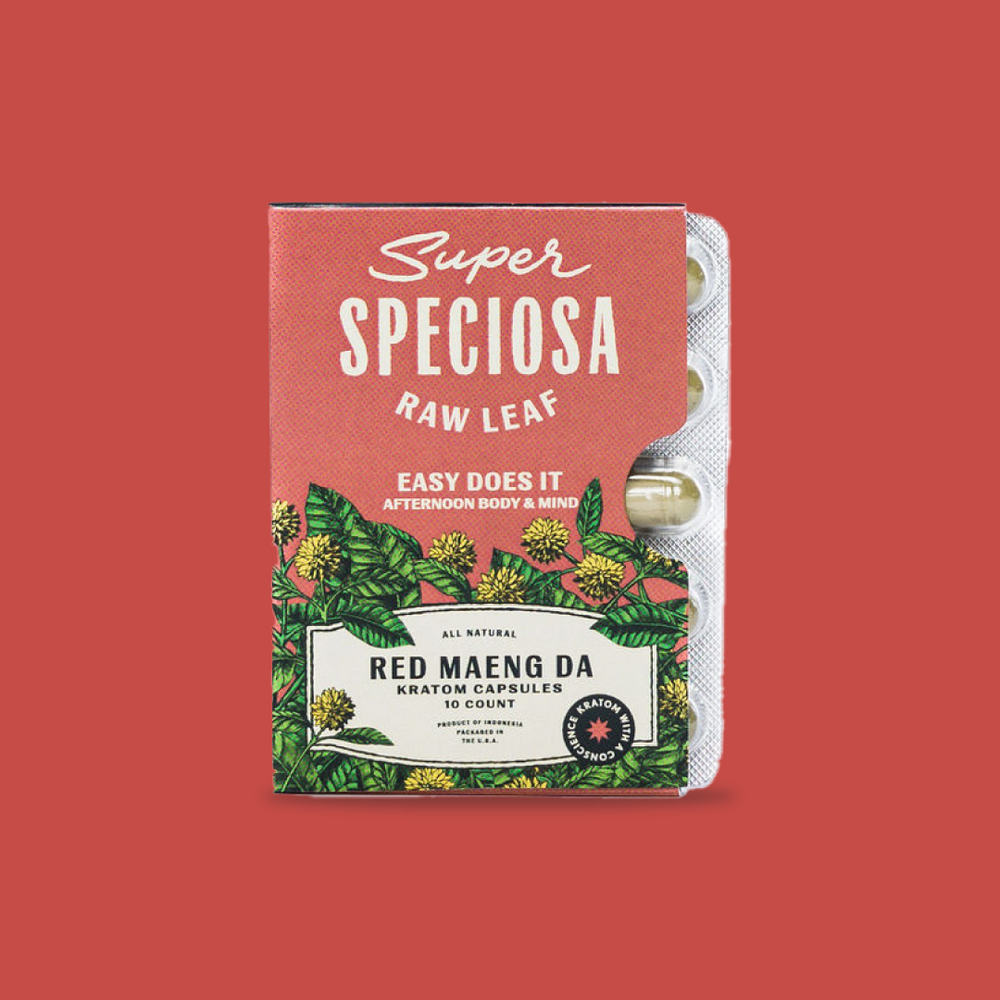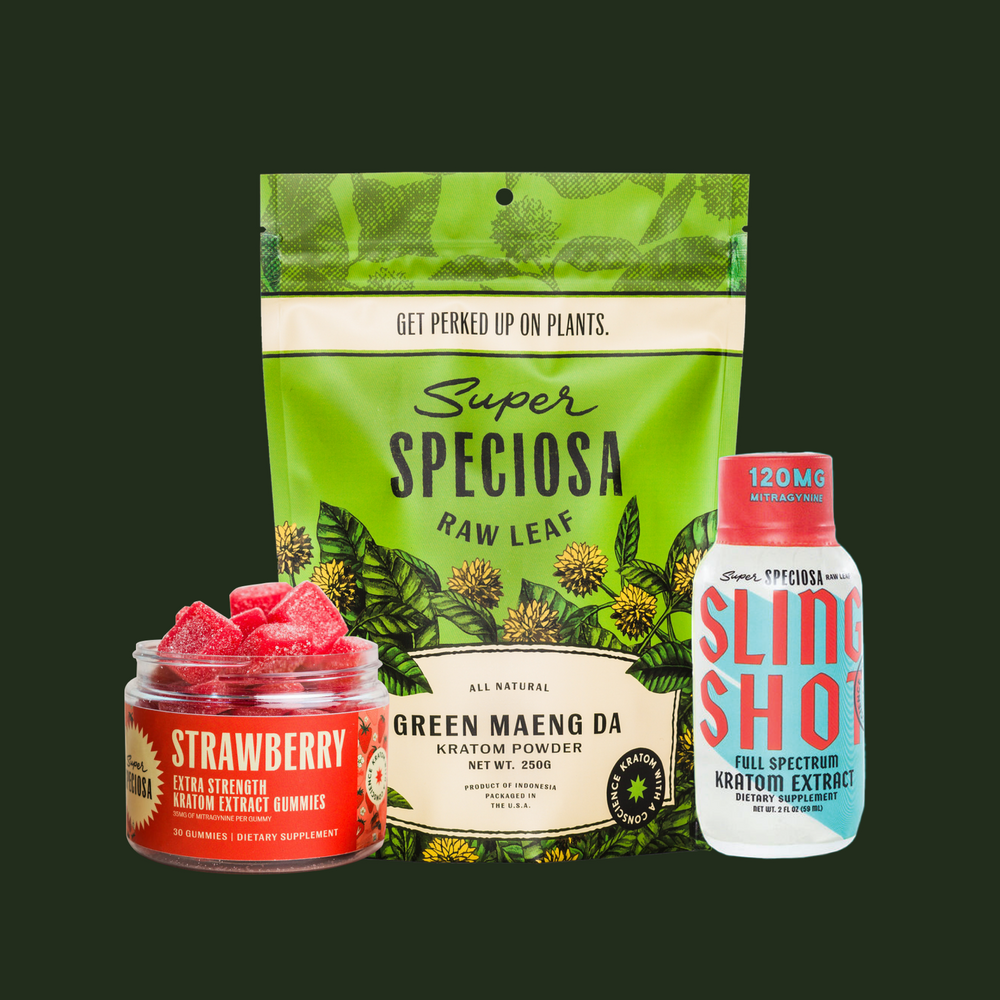Kratom Advocates Continue Push for Label Standardization
KRATOM ADVOCATES CONTINUE PUSH FOR LABEL STANDARDIZATION

There are few things as universal to the world of commerce as a product label.
It’s important for getting the consumers attention, for conveying information, and for giving consumers baseline usage instructions. Even if it’s something as simple as ‘Microwave Pop-Tart for 3 seconds,’ people have shown over generations that judging a product by its label is a key component to modern markets.
Which is why kratom advocates are pushing to bring a more regulated system of labeling to kratom markets in America.
Amidst a flurry of legislative actions on the state and federal level in the last year, kratom advocates have started to create a more defined picture of the path toward normalizing kratom in American markets. For more context, here’s a breakdown of kratom legality across the U.S.. Specific labeling of kratom products and the manufacturing standards/regulations of the industry have been at the heart of the debate over kratom’s safety for years.
Now, advocates are hoping that recent moves by lawmakers can provide clarity for consumers and avoid legal restrictions on a regulated market for kratom in America.
The American Kratom Association has been a driving force of legislative efforts on both the federal and state level, and senior fellow Mac Haddow said that an important aspect of providing a safe market for kratom users is the presentation and information specifically provided on labels. As part of a webinar centered on the proposed legislation in Congress, Haddow jokingly held up a Ziploc bag marked “Mac’s Bargain Kratom” to illustrate his point on the importance of labeling standards.
It may seem like an overgeneralization, however; similar products were at the heart of a lawsuit filed by a Florida woman’s family after her death. You can read more about Florida’s approach to kratom regulation and how it ties into product safety concerns. The products were sold in white sleeves with air tight closures, and labeled by hand with a black marker. In the filing of the lawsuit, the defendants were accused of selling an adulterated product, although a specific toxicology report was not present to indicate what the product was adulterated with.
In his example of “bargain” kratom in bulk packaging, Haddow made it clear that hand-marked products, with no consumer information, present a danger for a variety of reasons.
“You don’t want to buy this,” Haddow said, “because you don’t know what’s in it. It’s in a baggie. There’s no labeling, there’s nothing telling you what the ingredients are or what the mitragynine levels are…or if it’s pure.”
“Too many manufacturers are out there doing exactly this and the only way to correct that is either legislatively, or consumers rejecting it. Don’t be seduced by the low price.”
The AKA is doing more than just ‘talking the talk’ when it comes to advocating for legislative efforts to protect kratom users.
One of the major differences in legislative efforts around kratom comes down to small details–like the label. While the federal legislation introduced last week is more focused on large scale federal regulatory actions and research, the state-level efforts have focused more on the manufacturers and customers and how to maintain a safe market for kratom.
In Colorado, where the AKA worked with the local kratom community to help pass legislation earlier this year, the Regulation of Kratom Processors act lays out specific language to address the issue of labeling and safe production. The act makes it illegal to “knowingly prepare, distribute, advertise, sell, or offer” products adulterated with fentanyl or other controlled substances, a mechanism to hold manufacturers accountable for the purity of their product, and protects consumers by requiring labels that identify the name and address of the manufacturer and the full list of ingredients. For deeper insight, see Colorado’s legislation on kratom labeling and how it came together.
Beyond the legislative approach, Haddow also made it clear that unsafe manufacturers can also be put out of business by a more informed consumer base. Beyond just simply buying products with professional, commercial packaging, Haddow said it’s important that kratom users have a zero tolerance policy for buying products that are missing vital information.
“If you pick up a package that doesn’t have the name of the manufacturer and the address of that manufacturer, put it back. Don’t buy it, it’s not worth the risk because you’re playing roulette with your life.”
Shop lab-tested kratom powders with clear labels made in compliance with good manufacturing practices.
